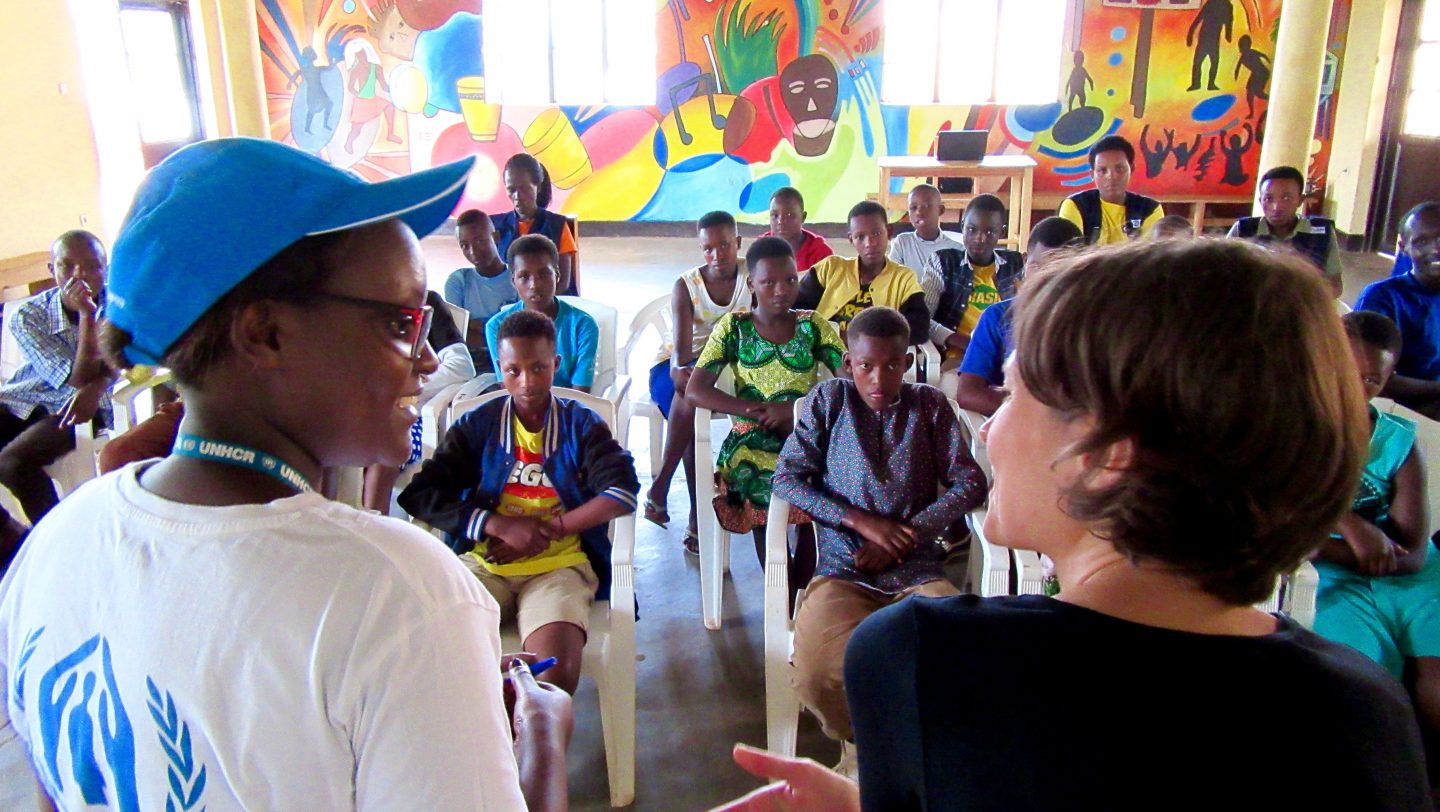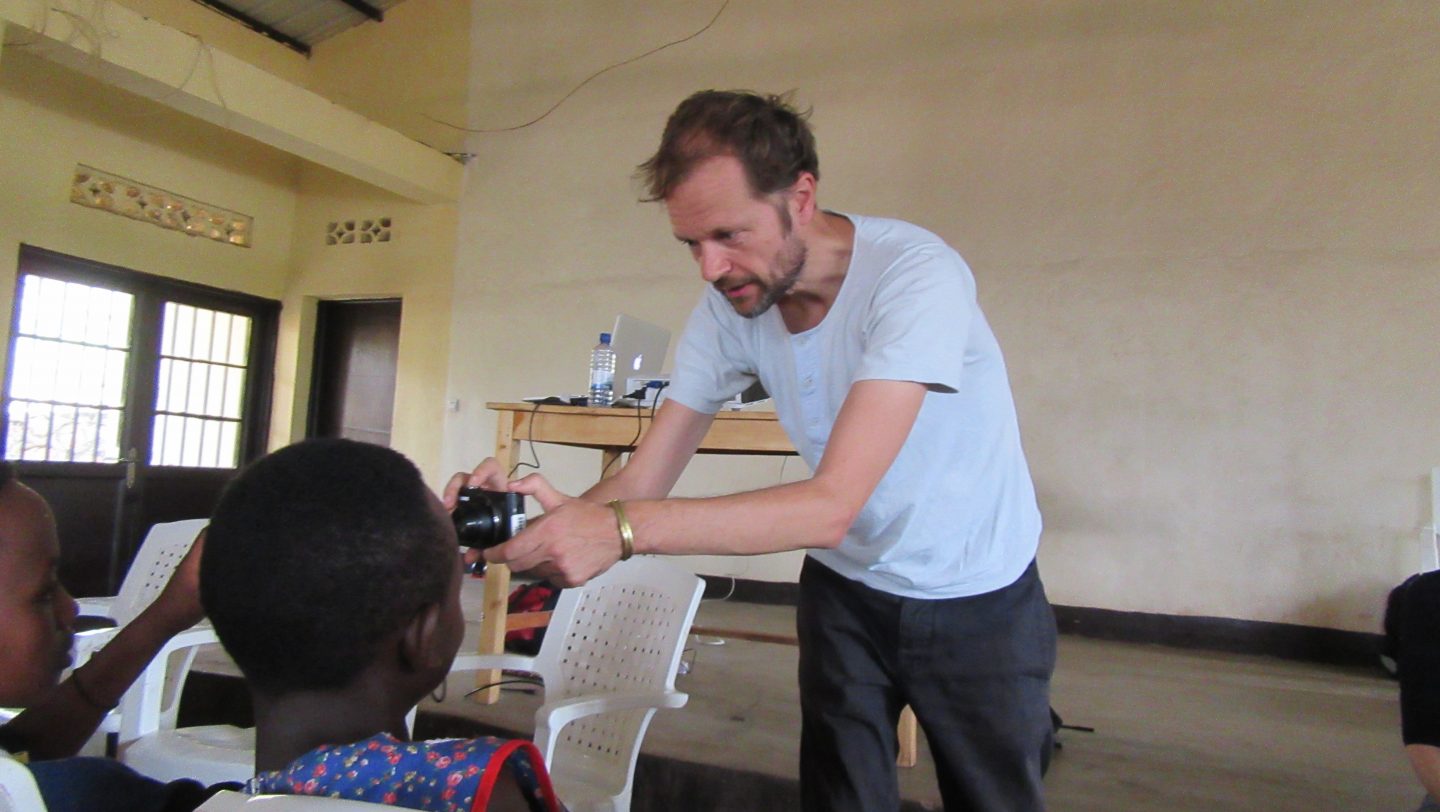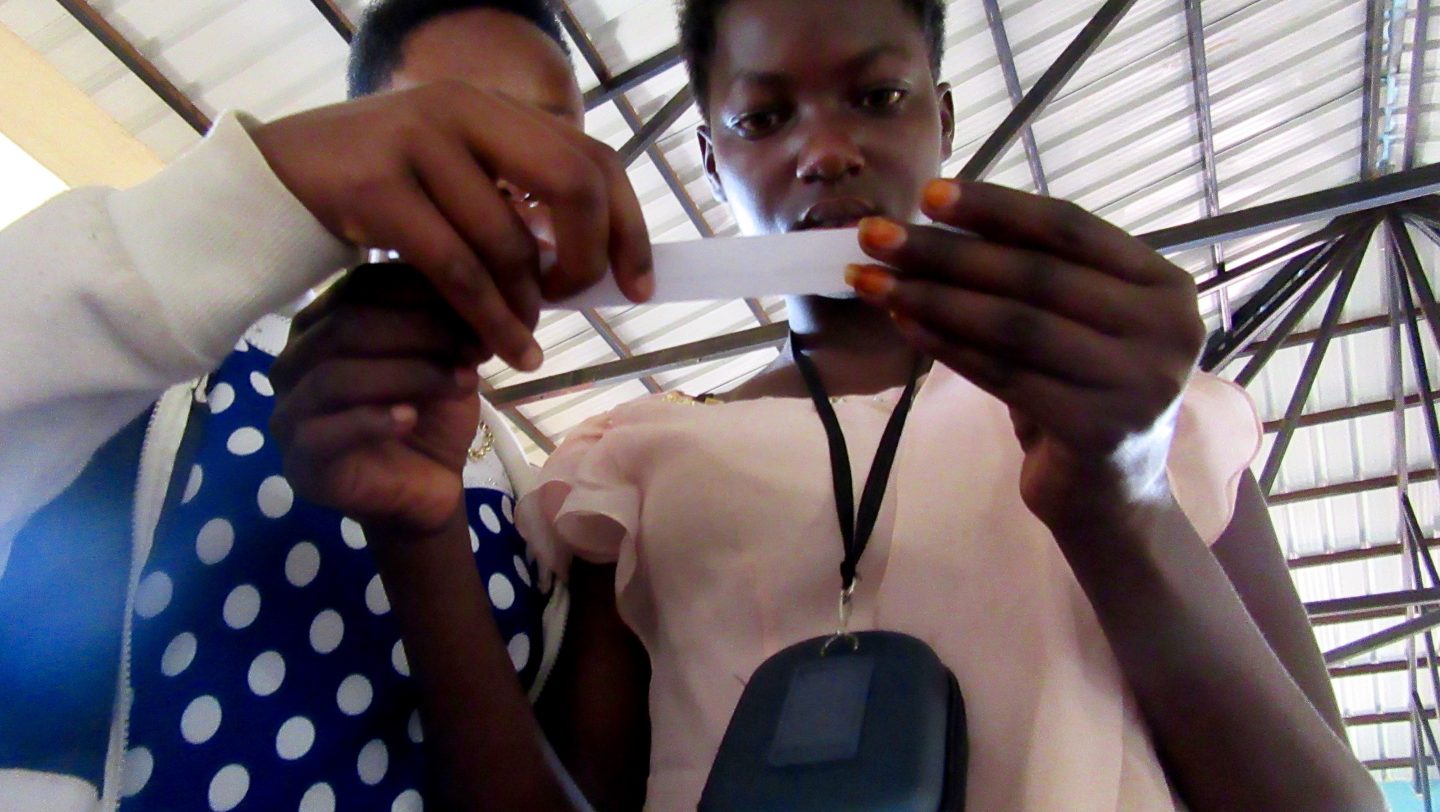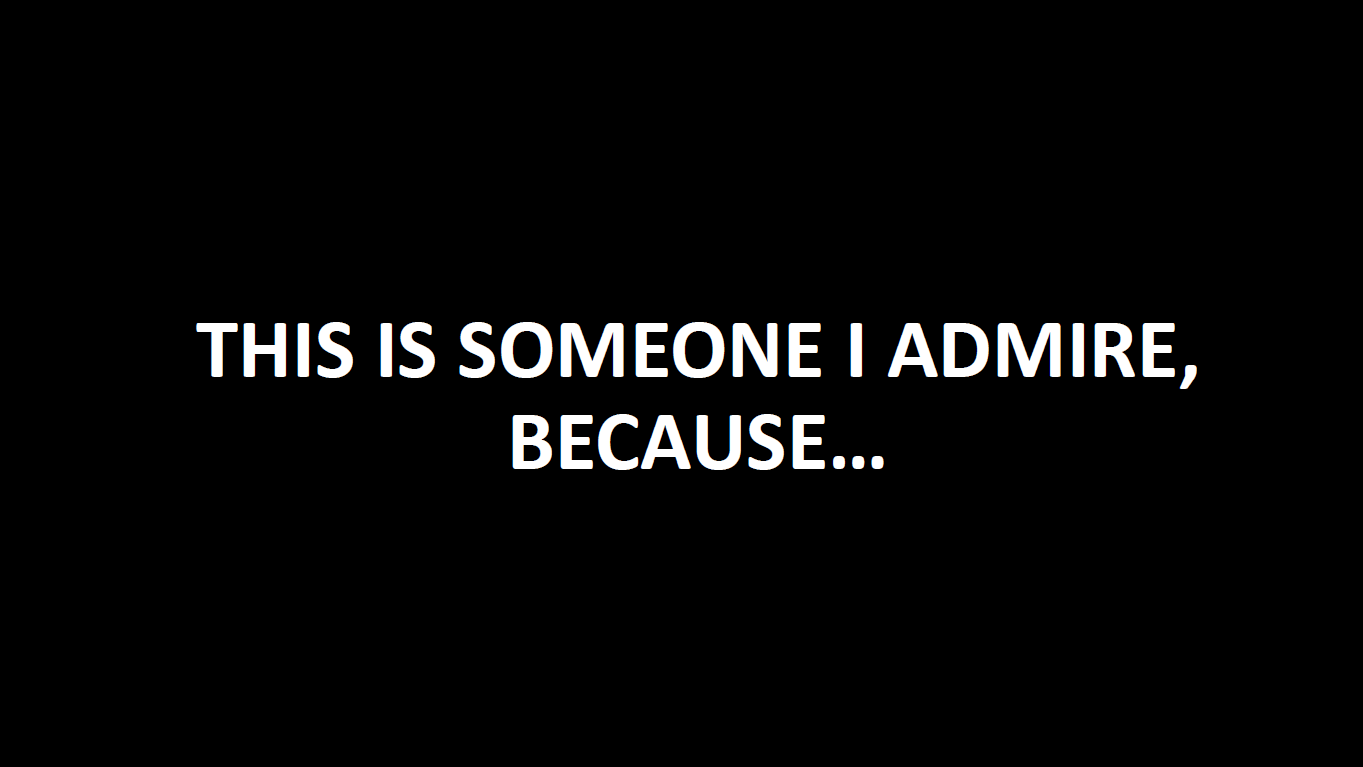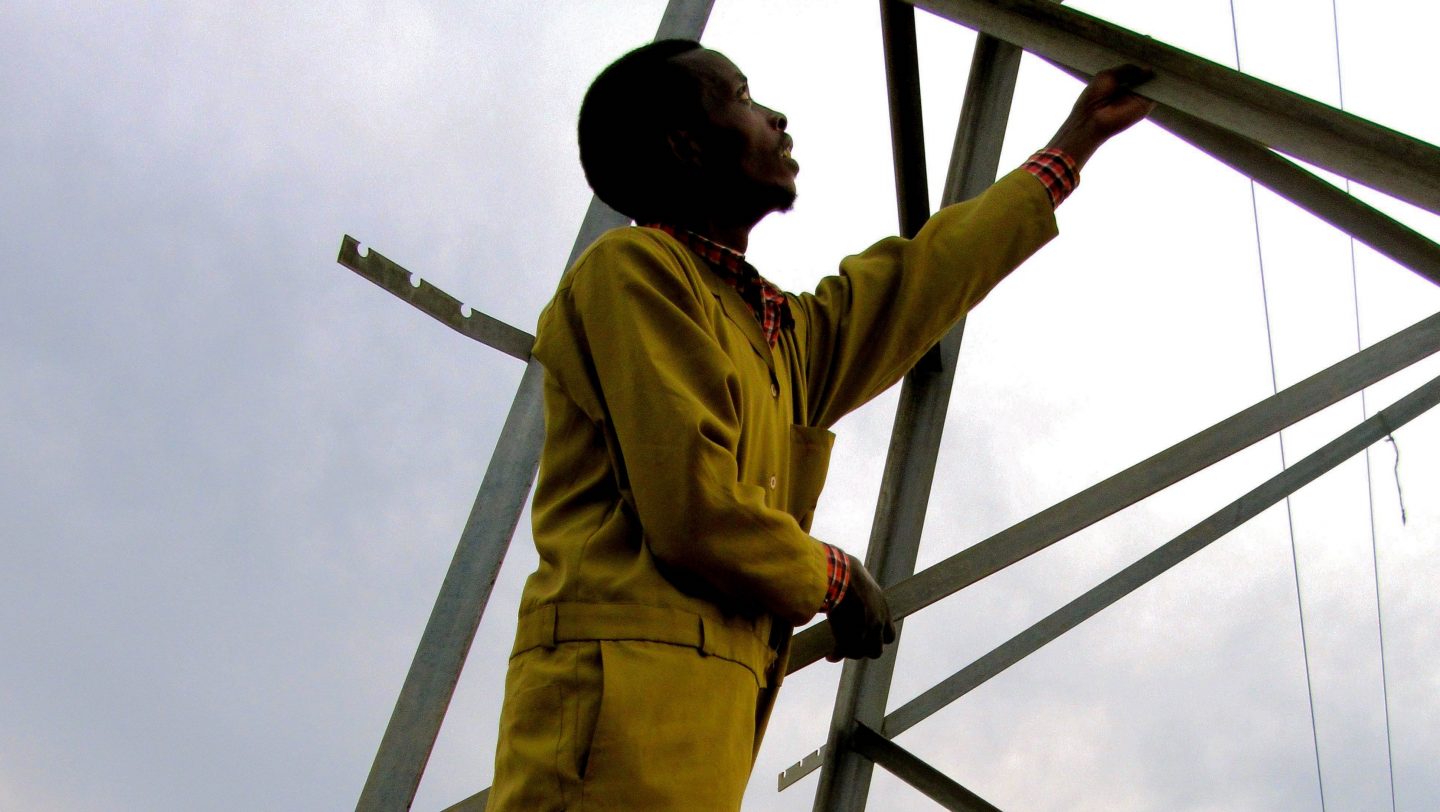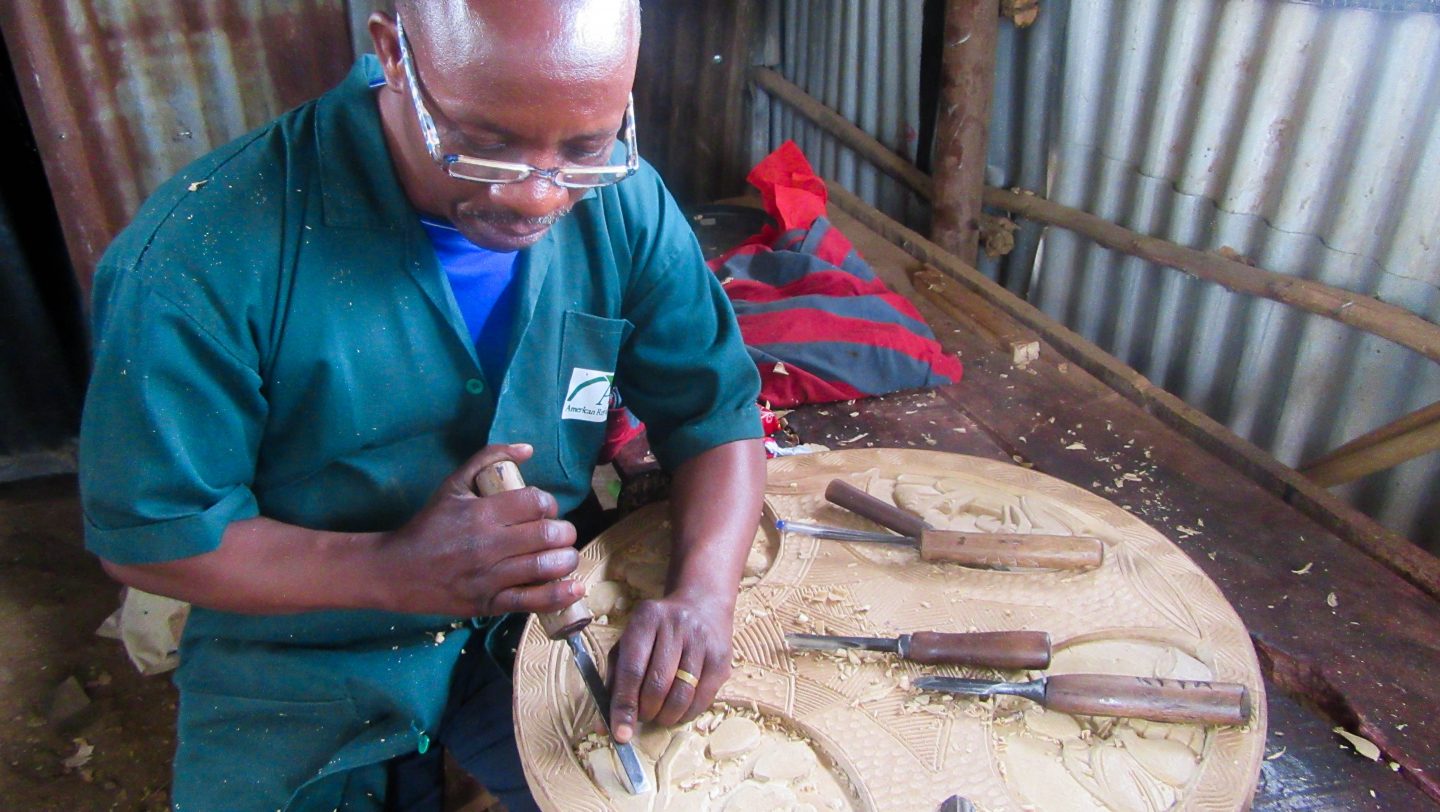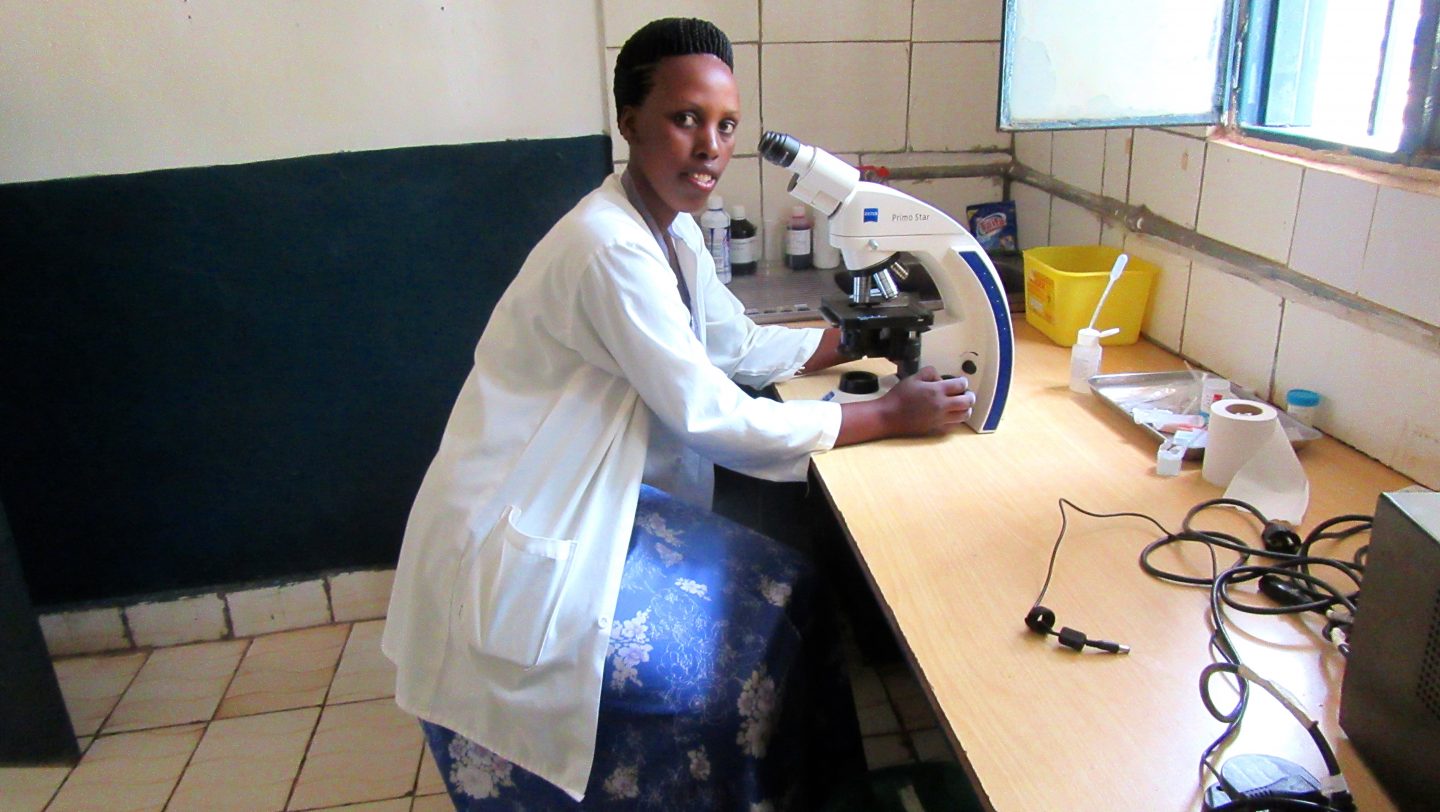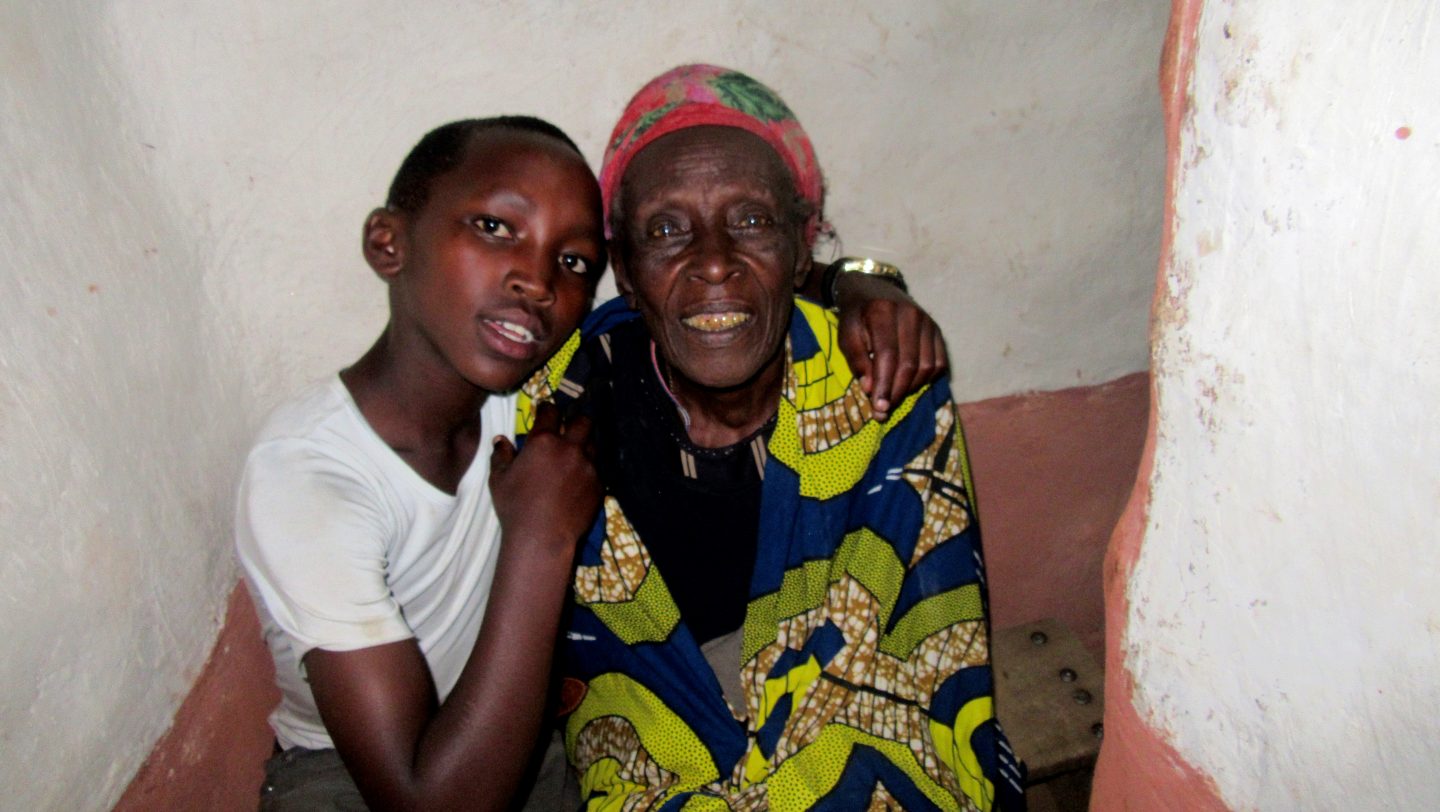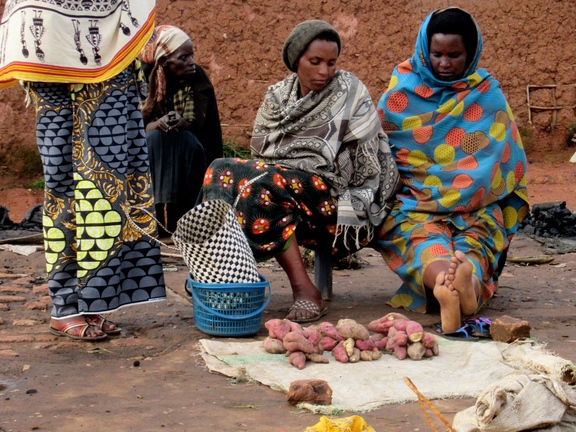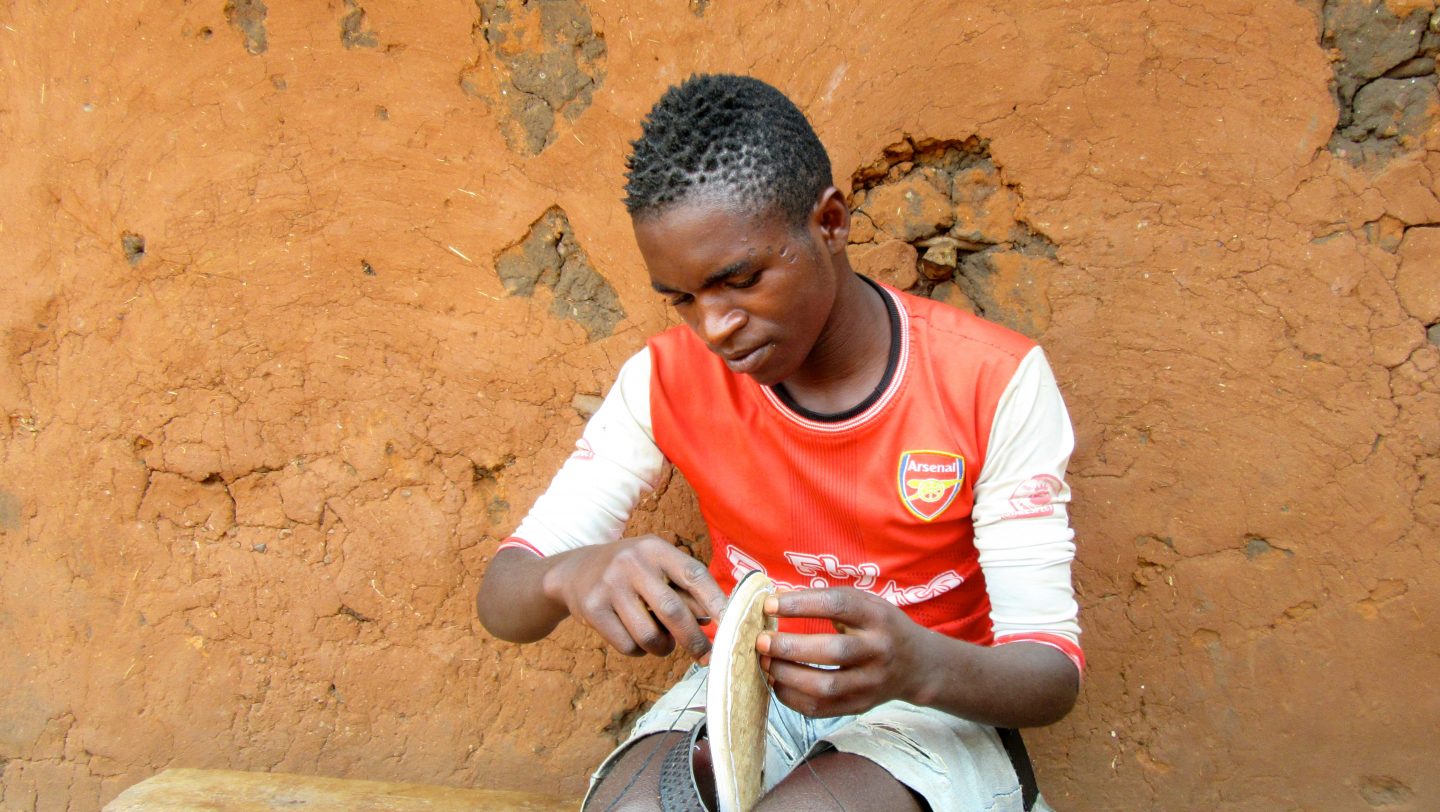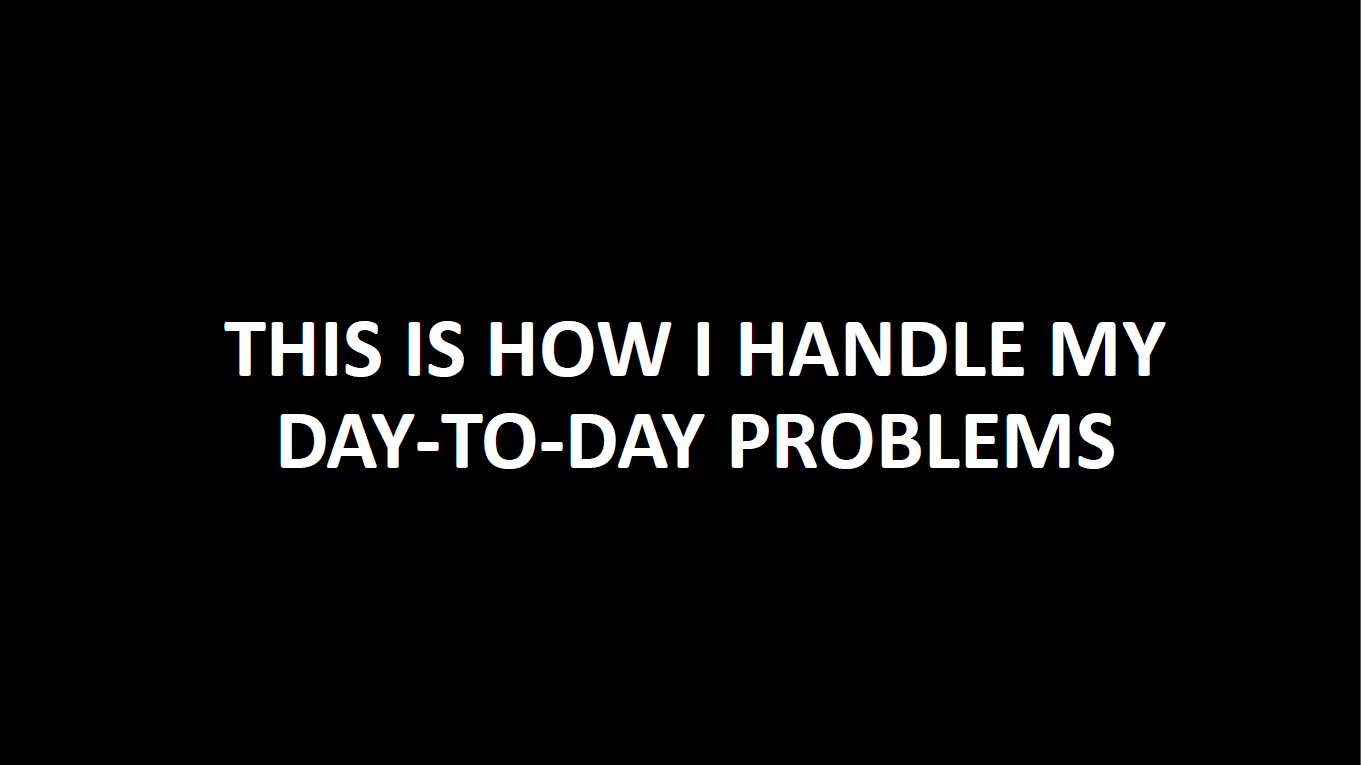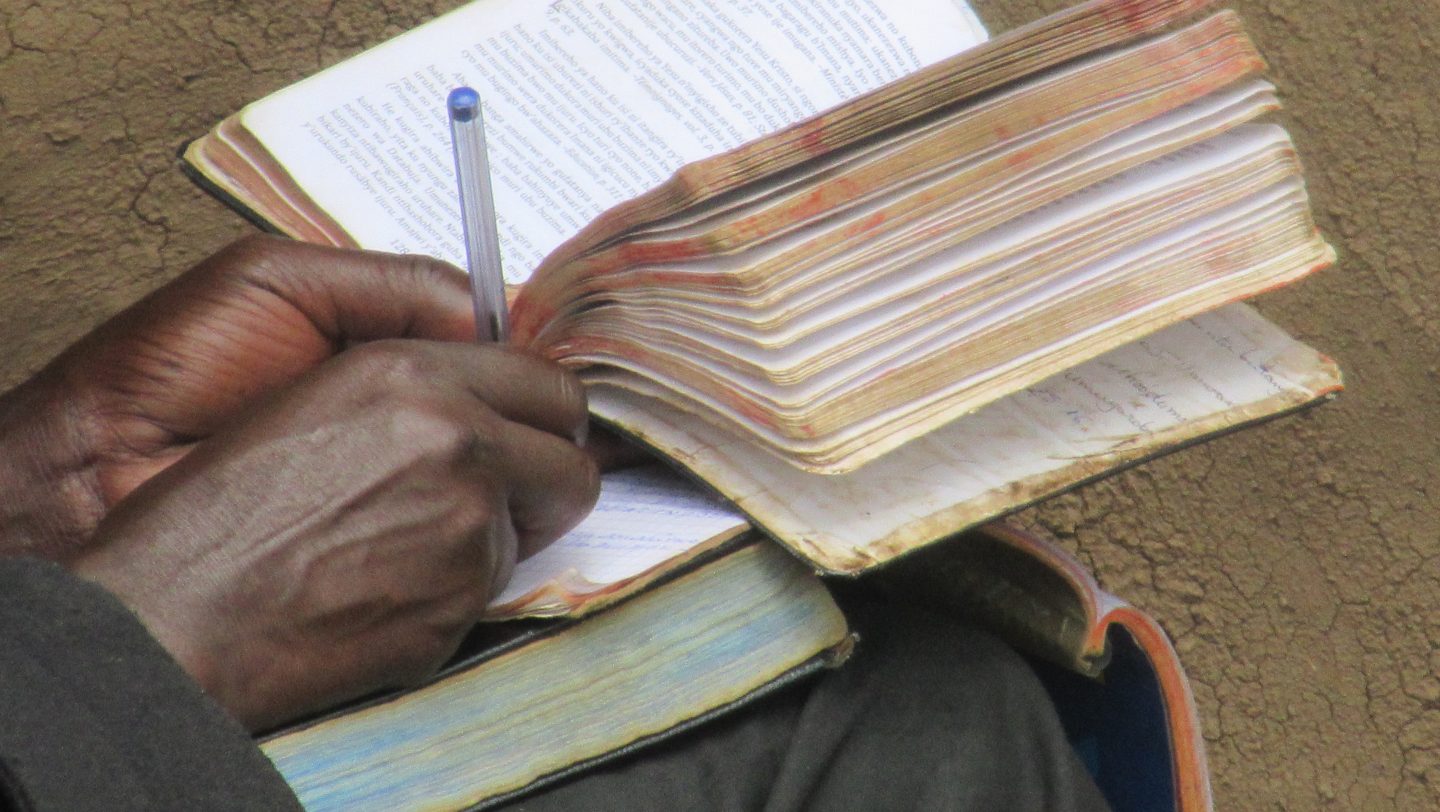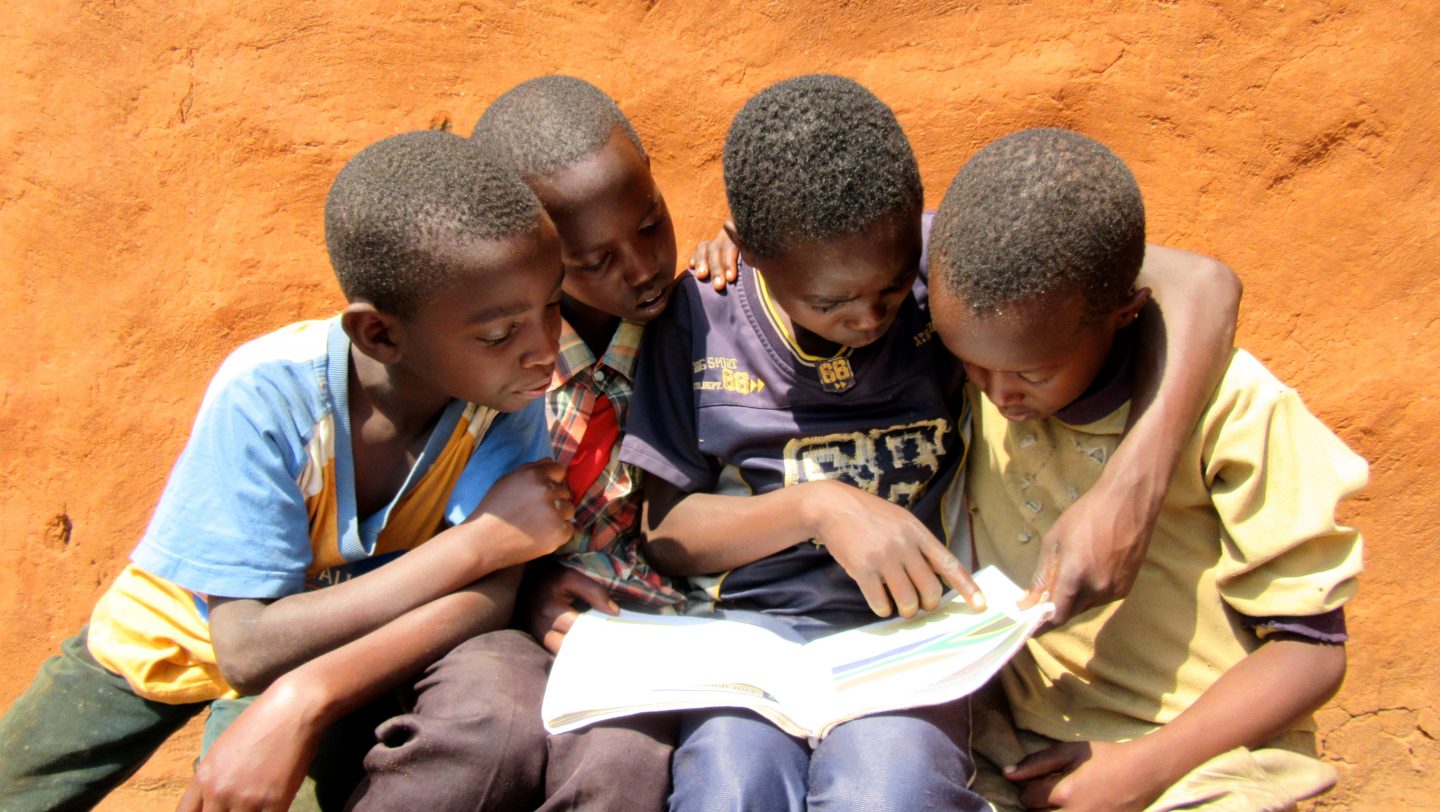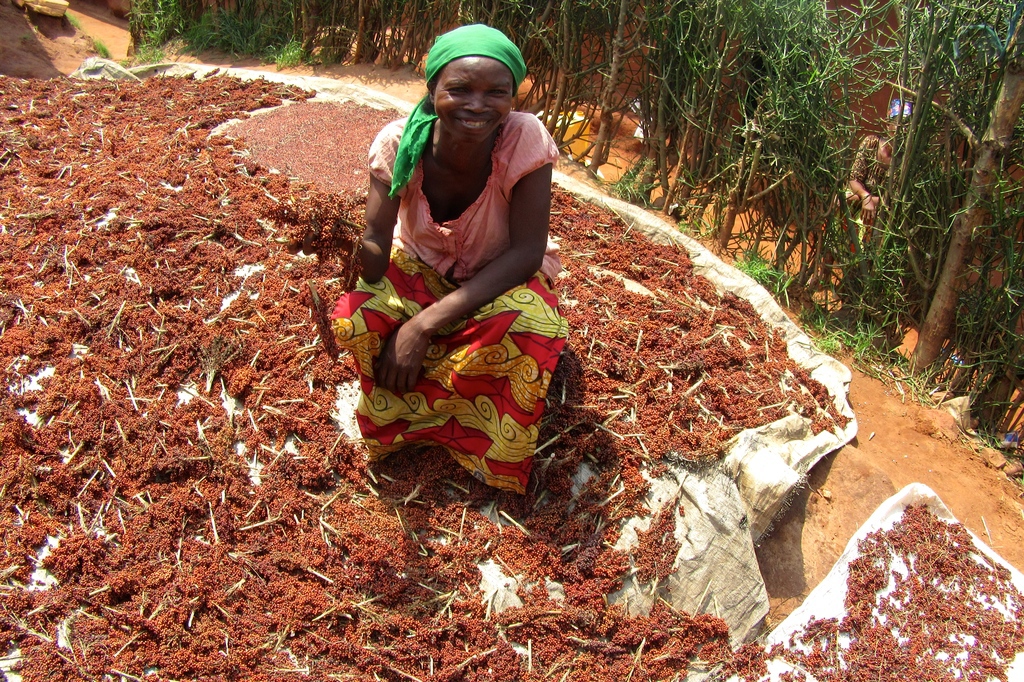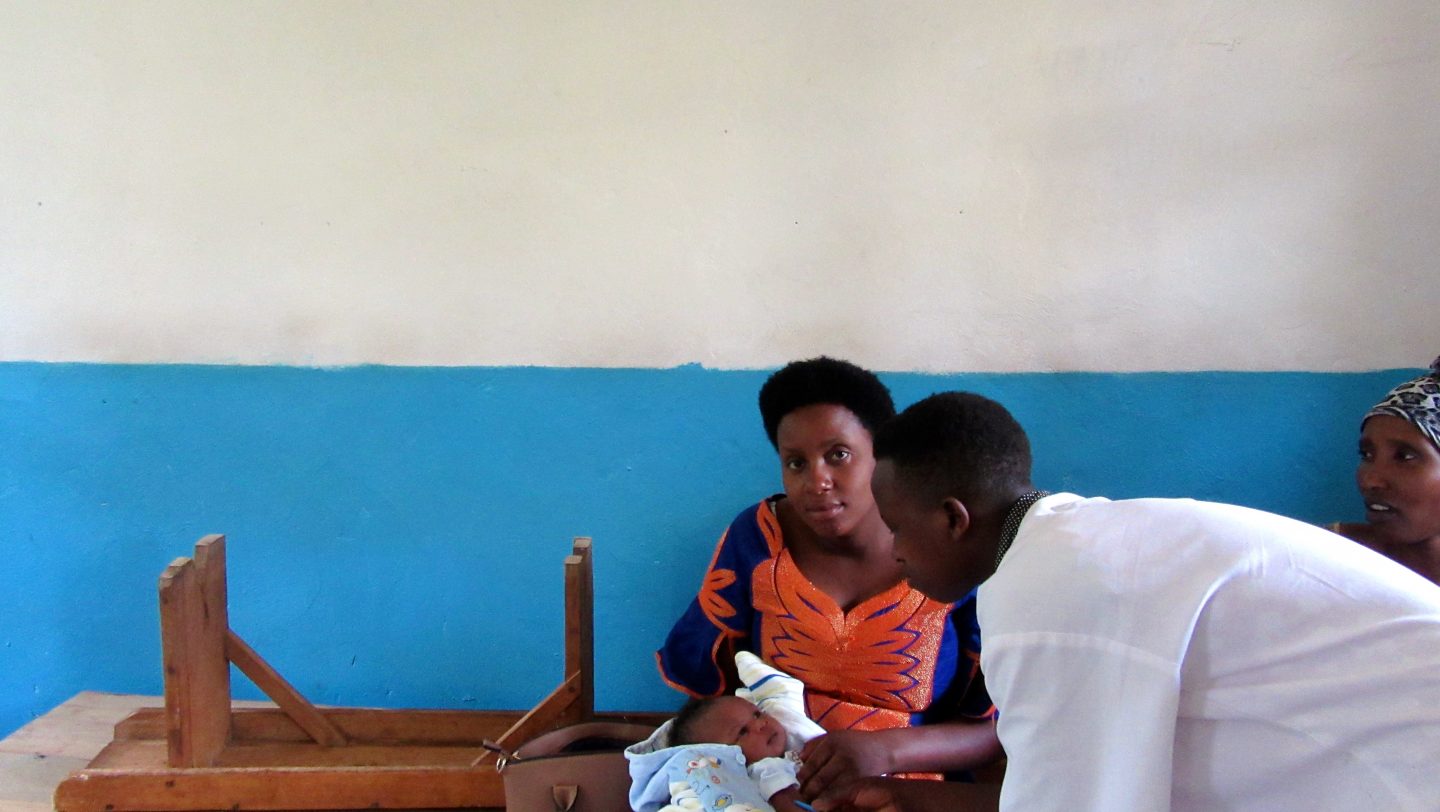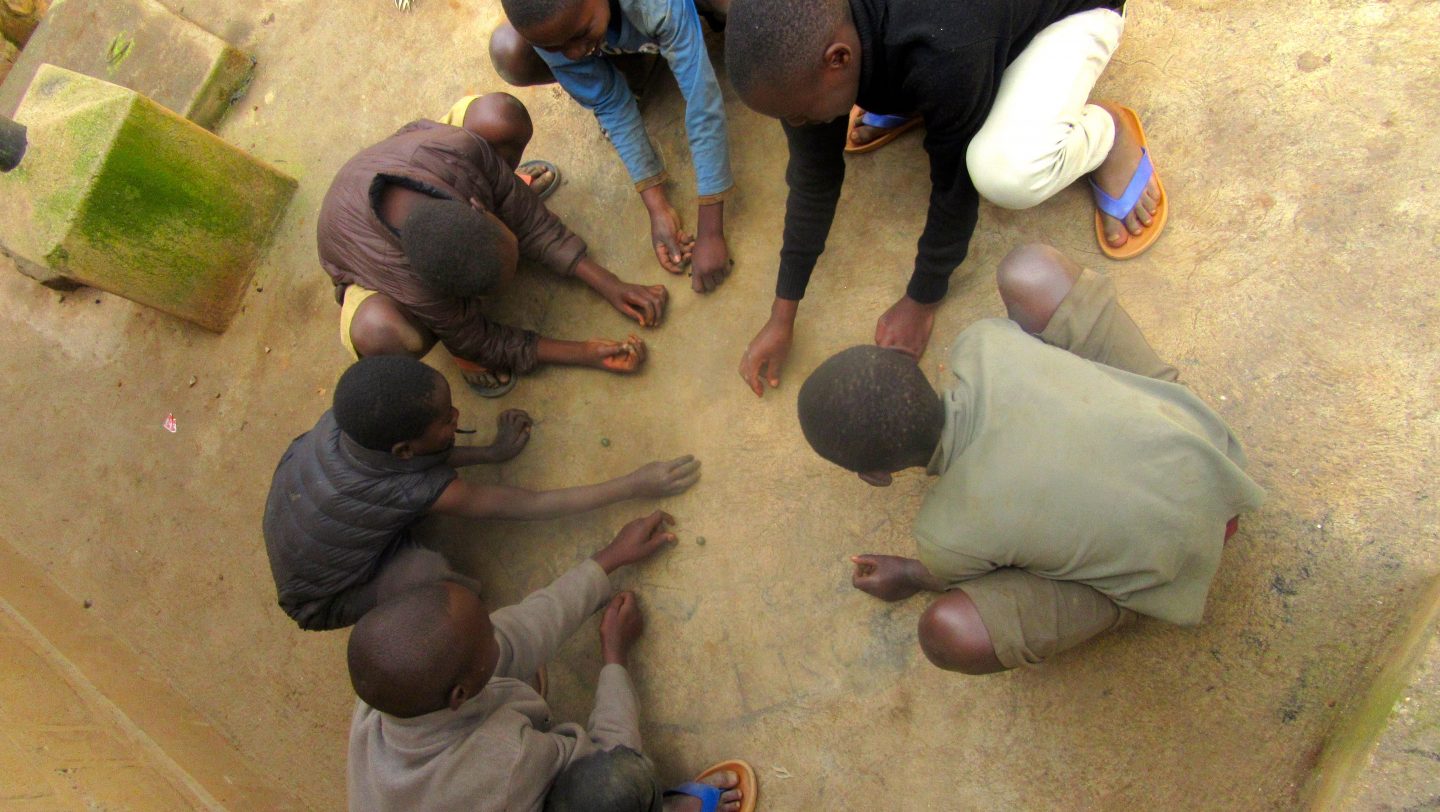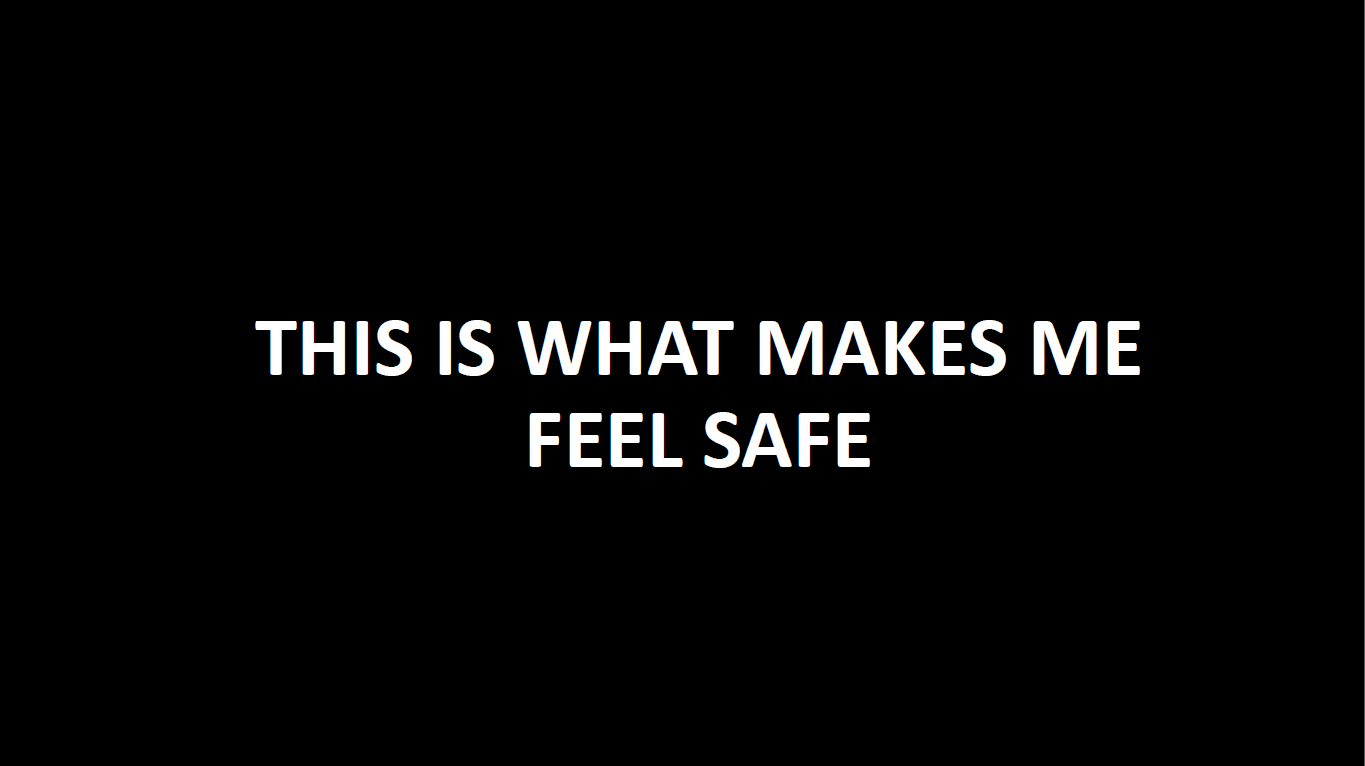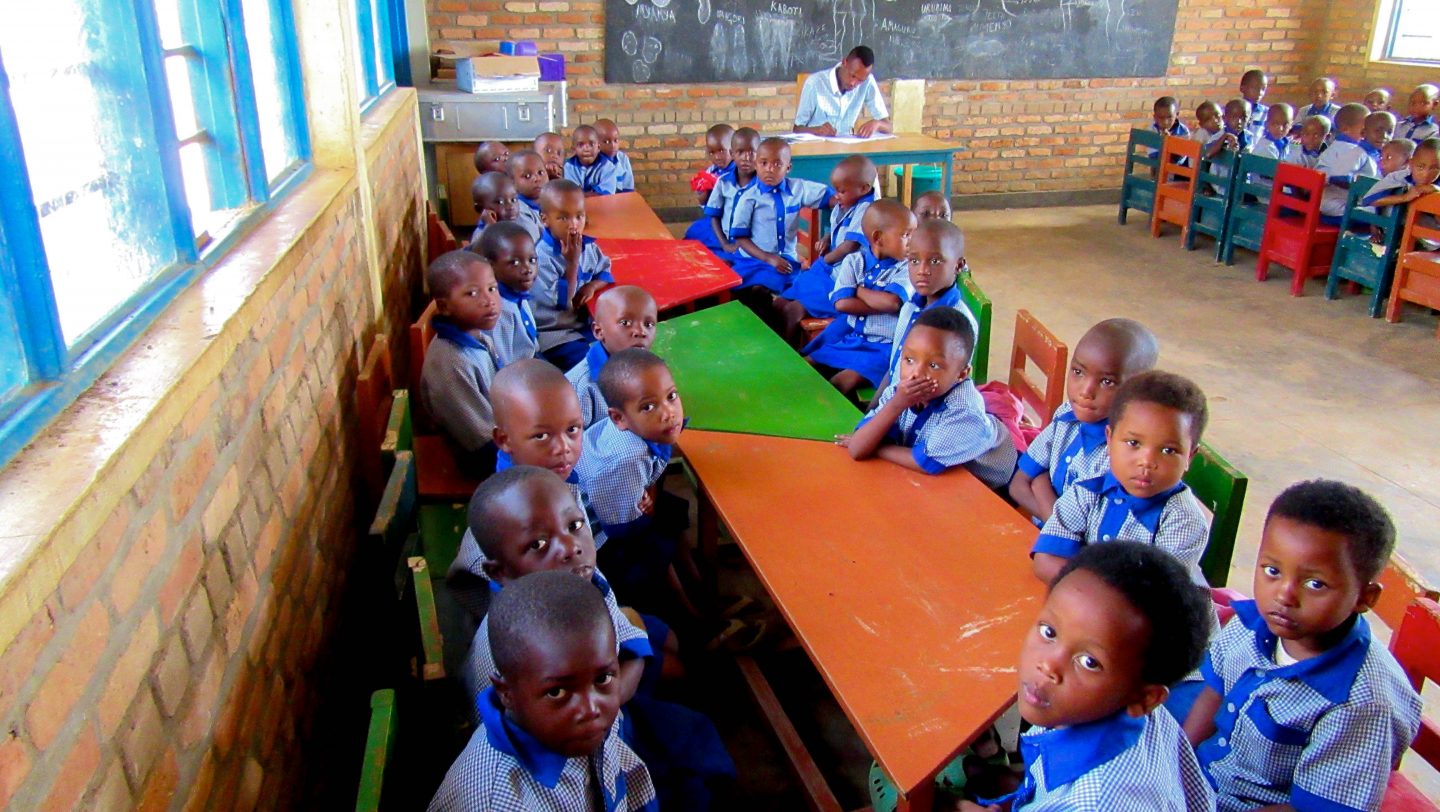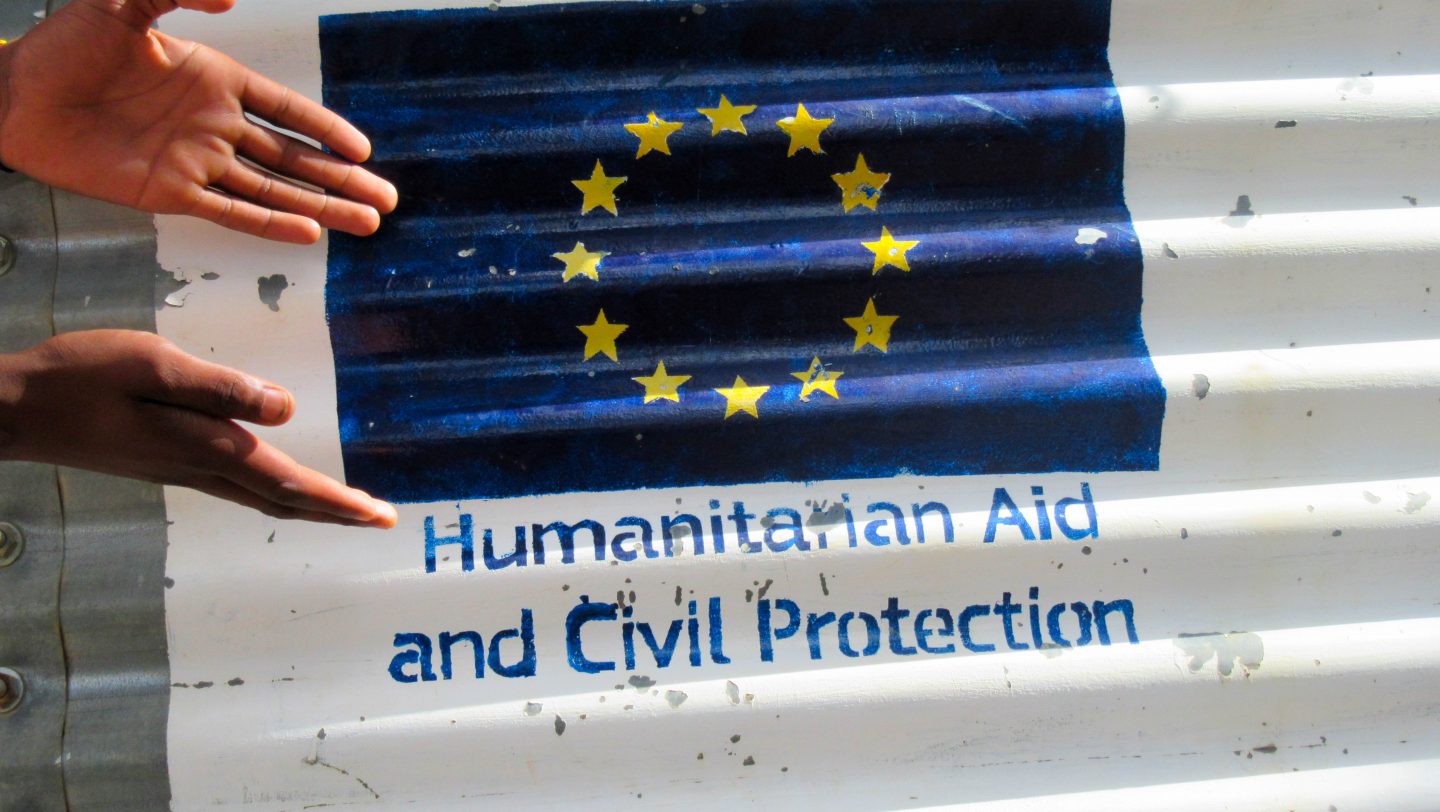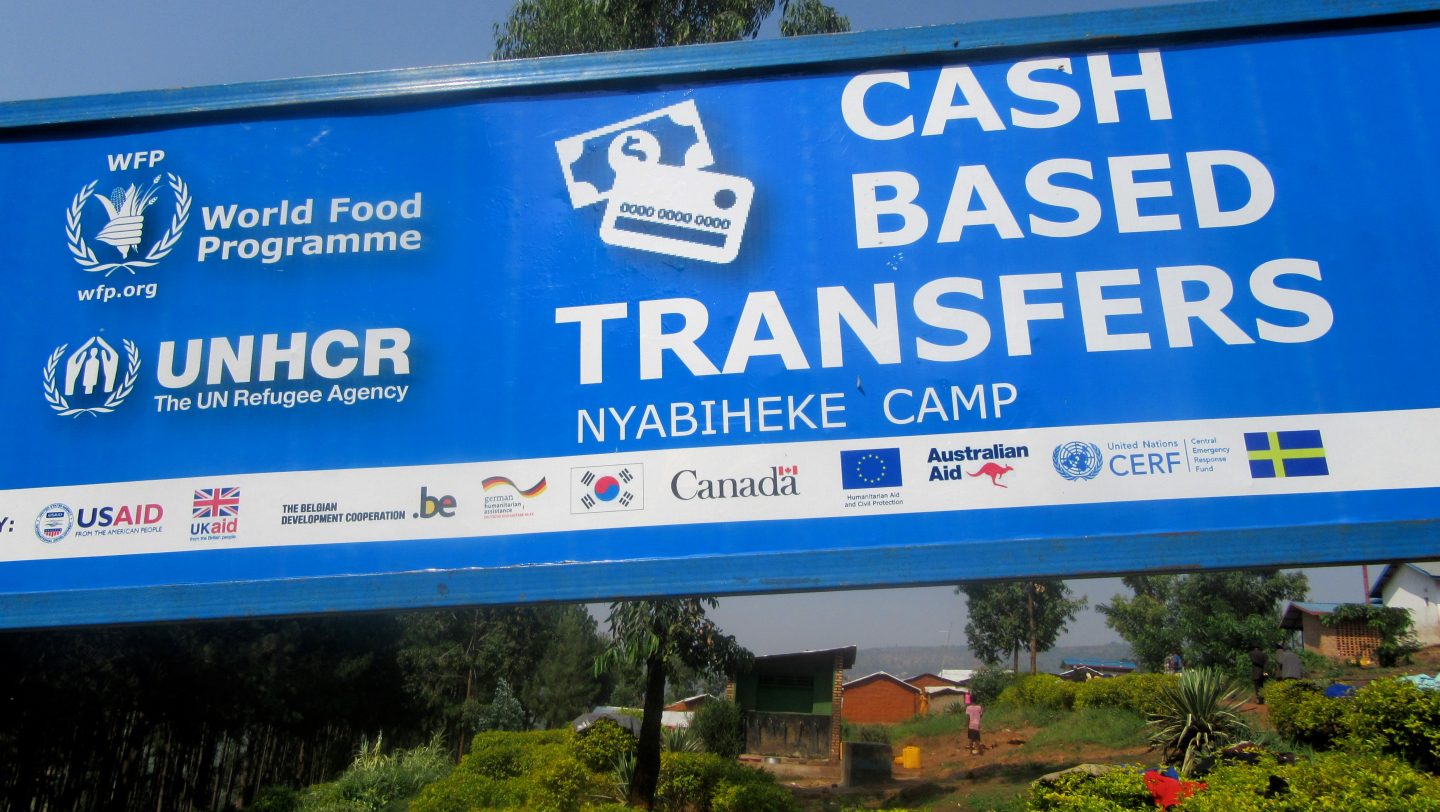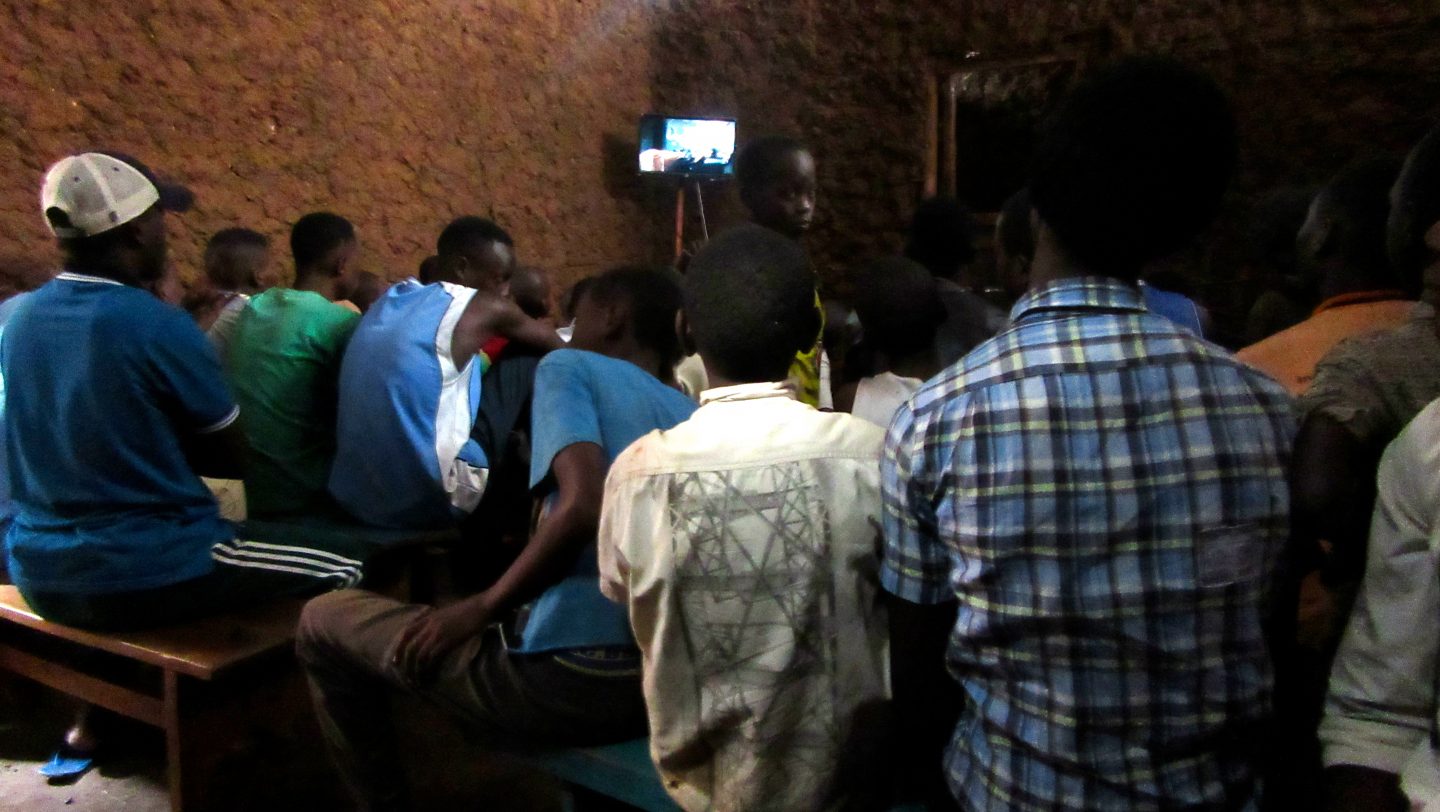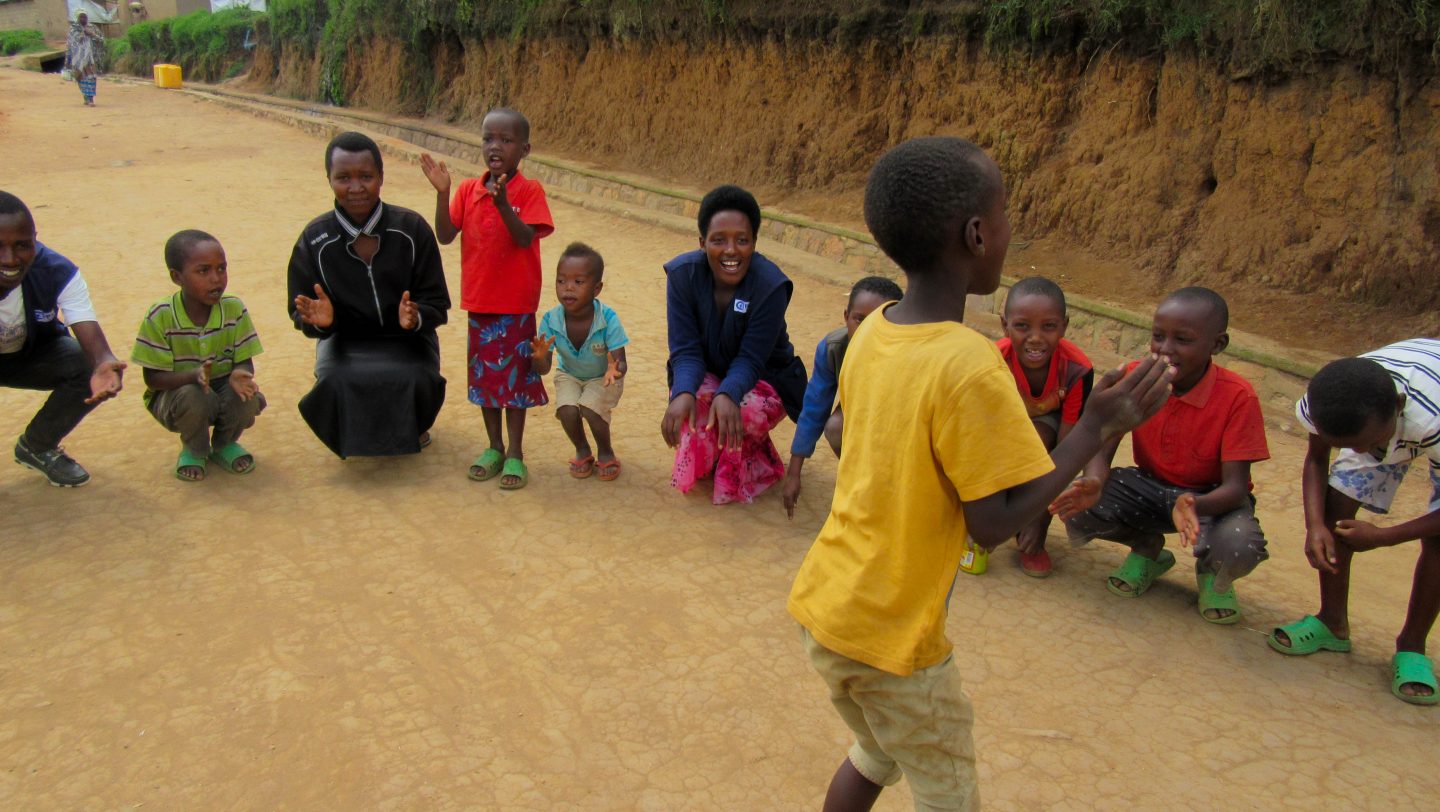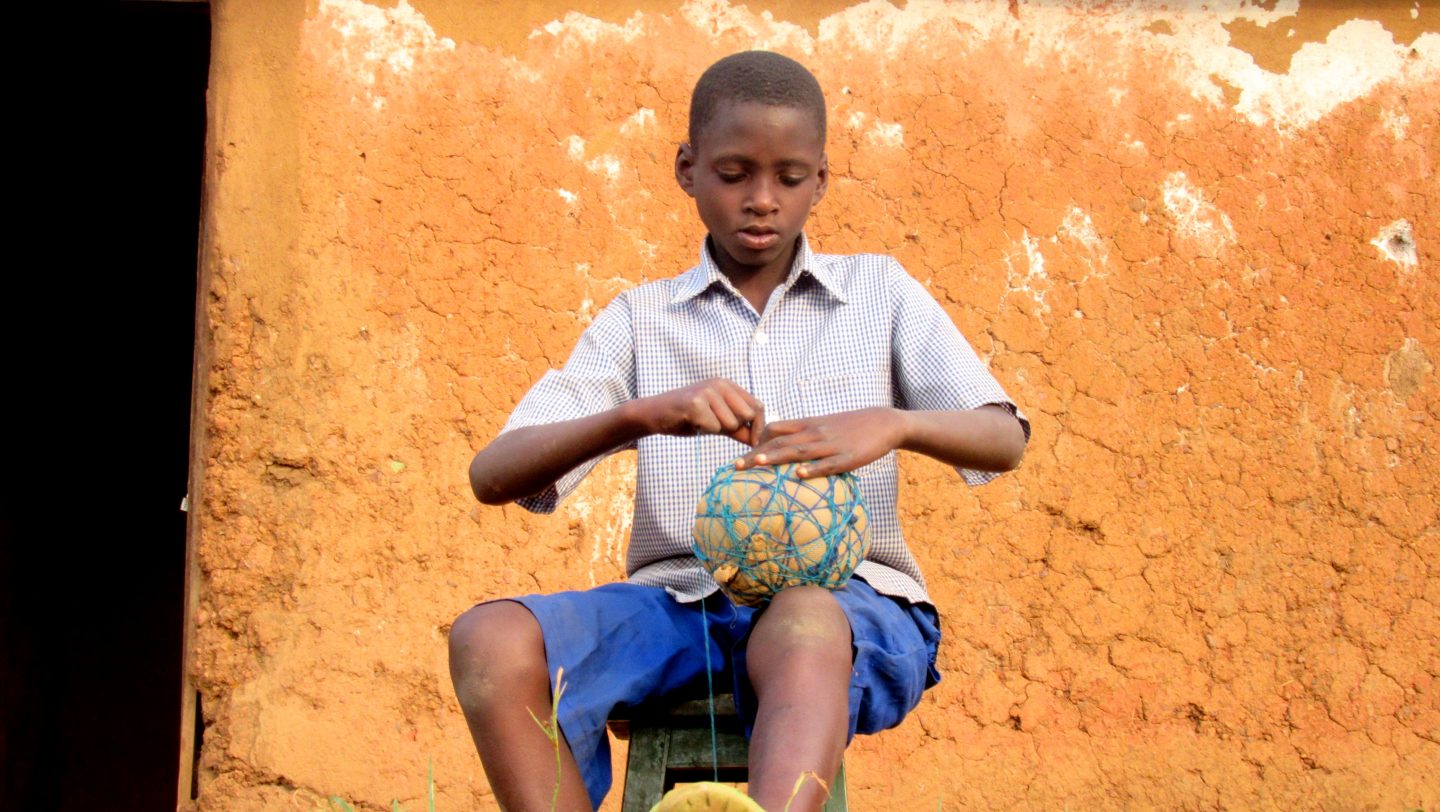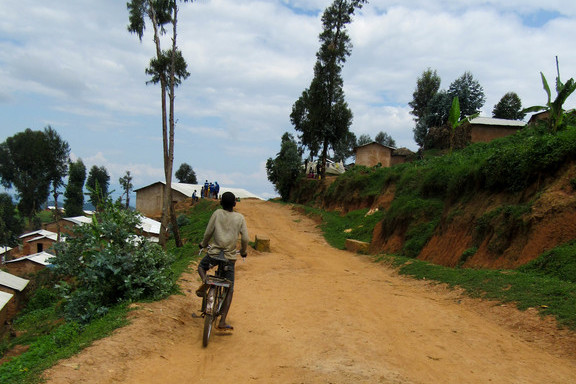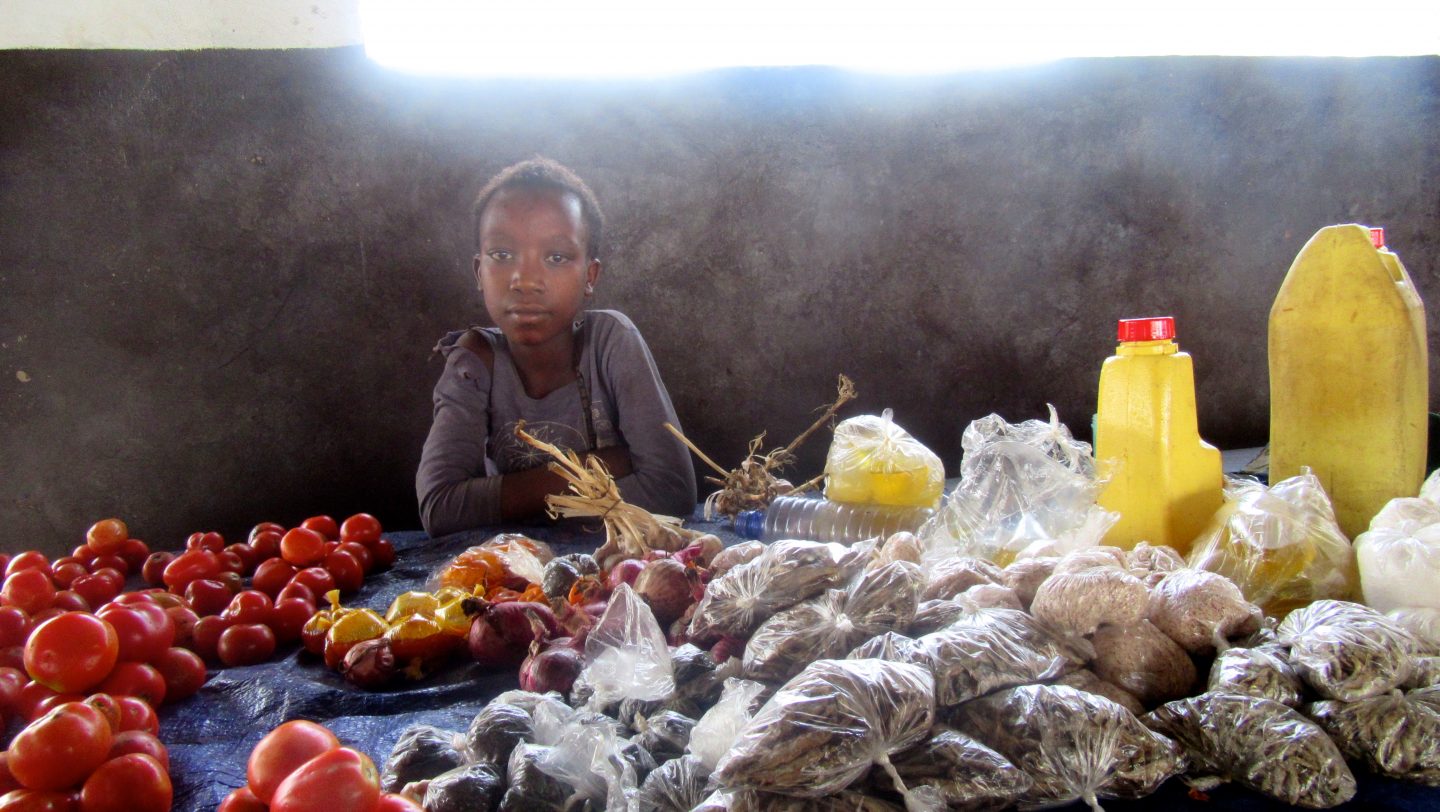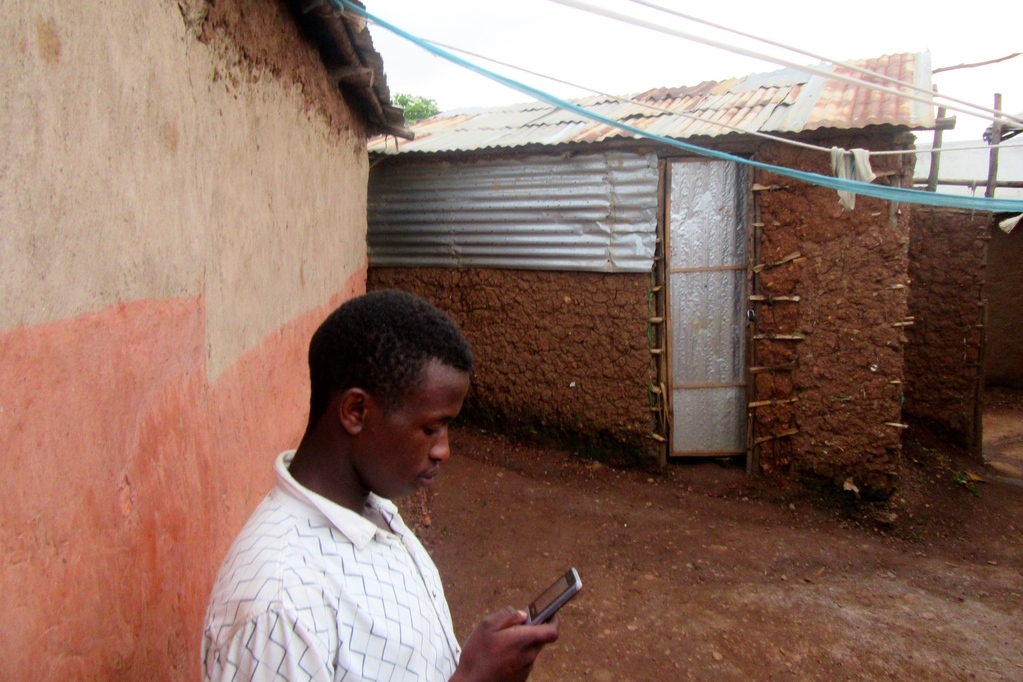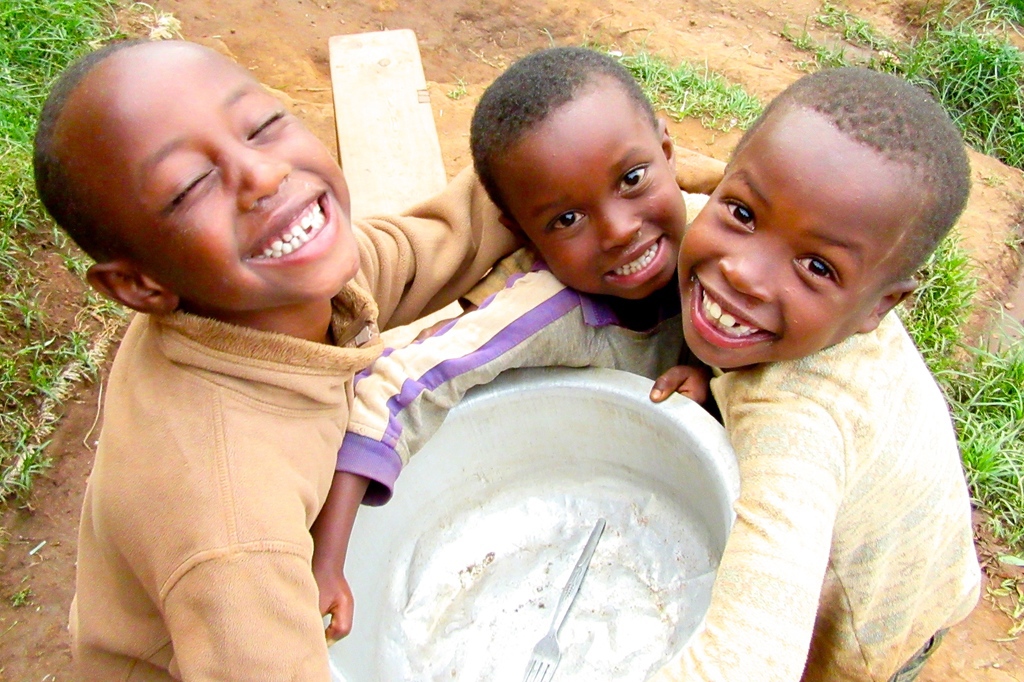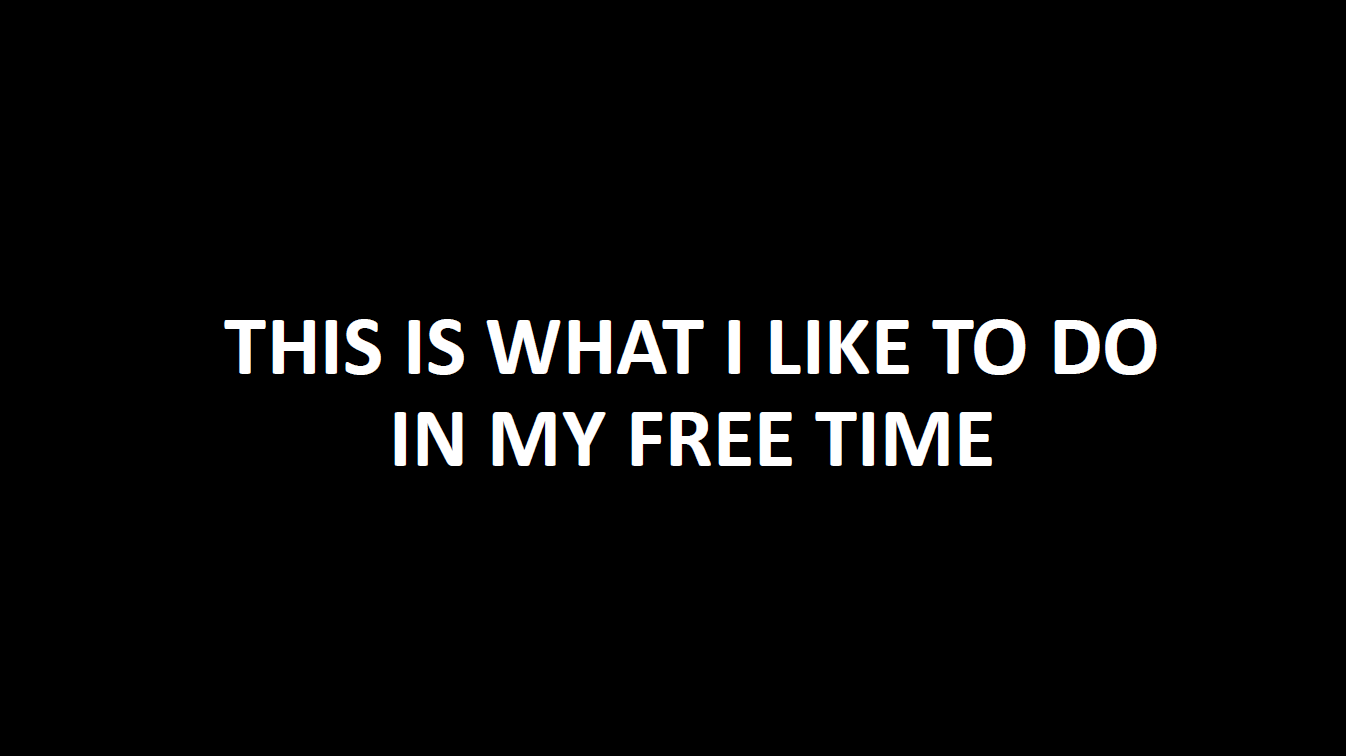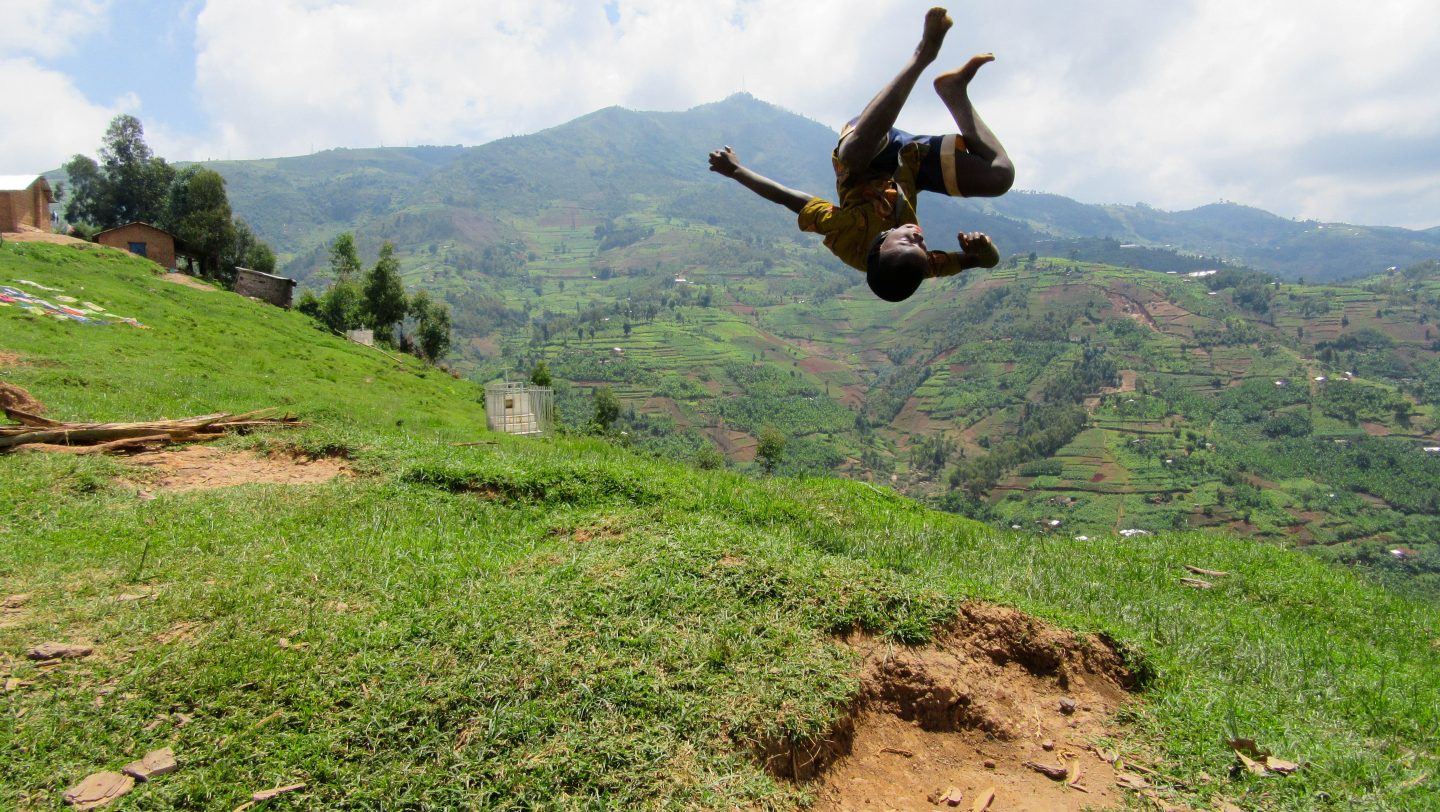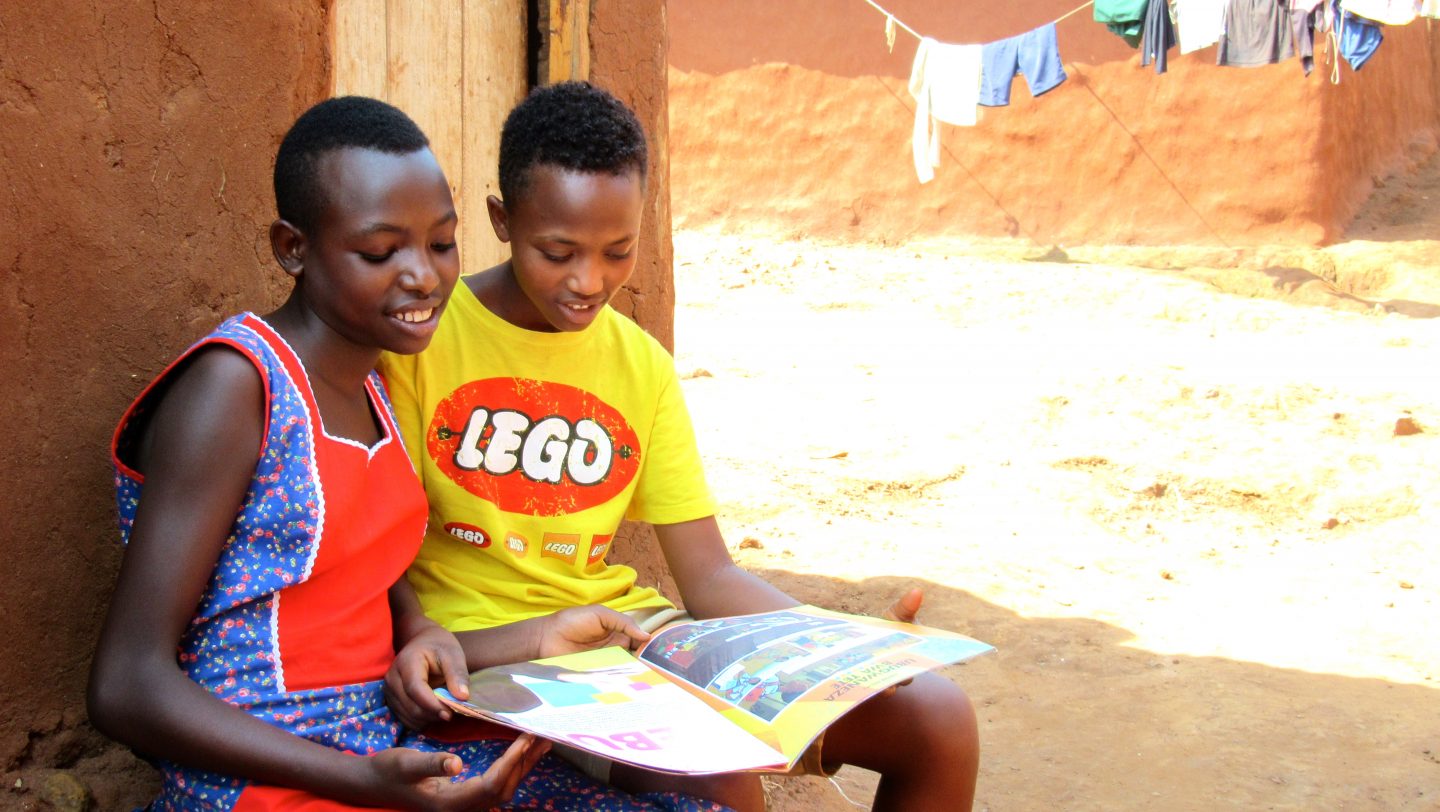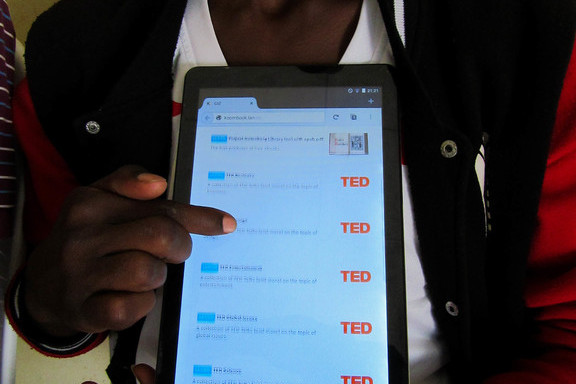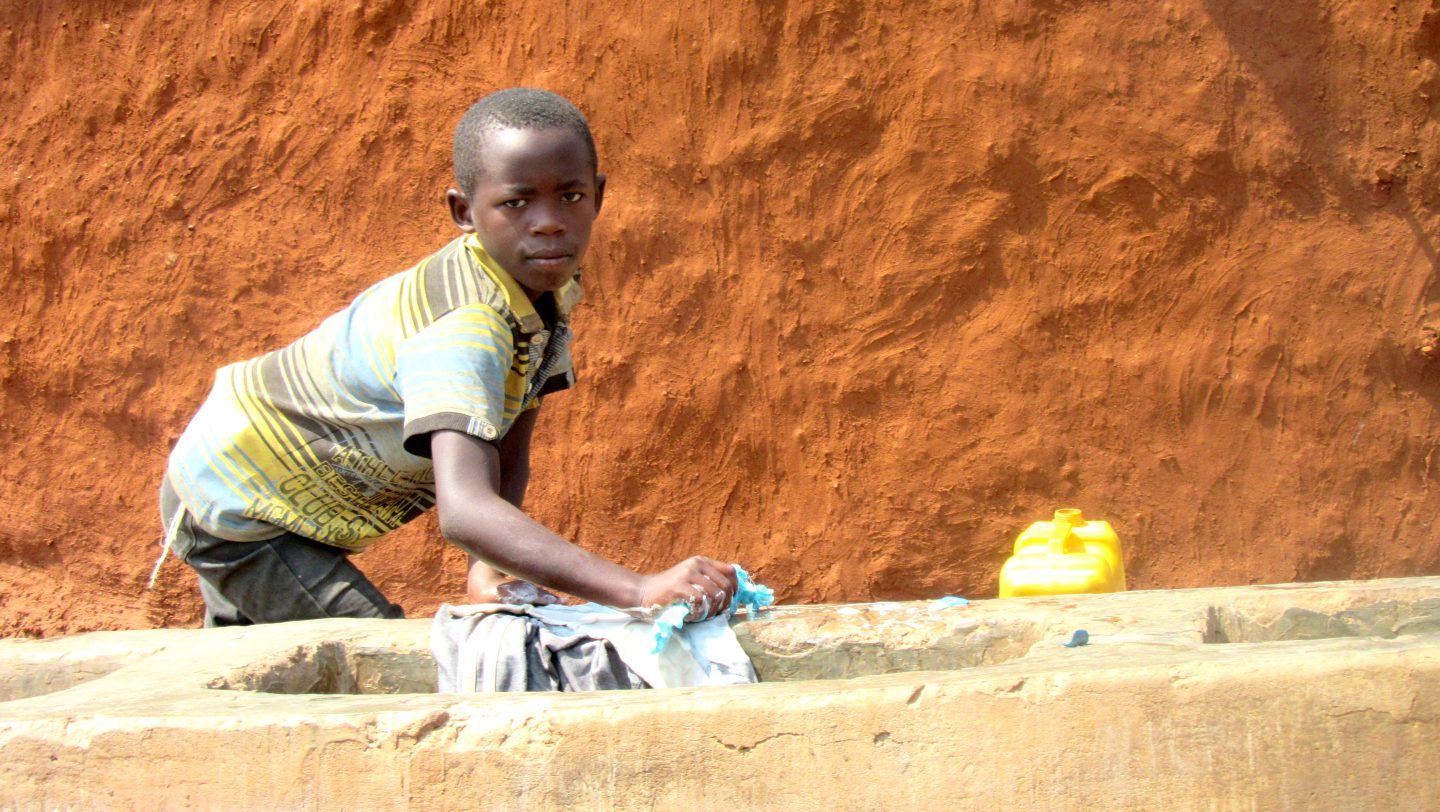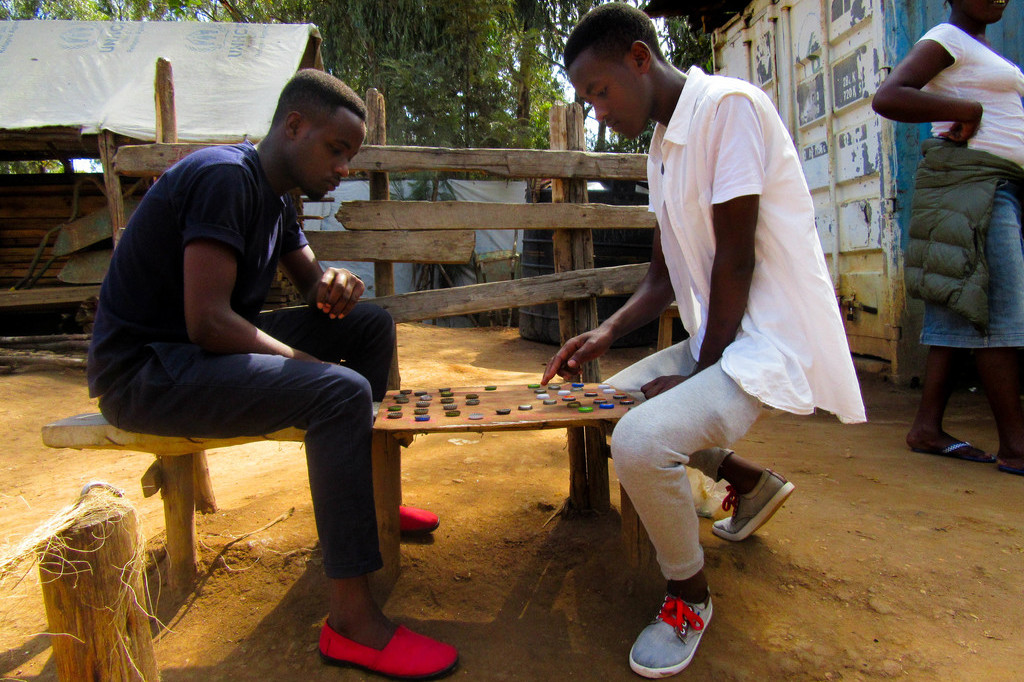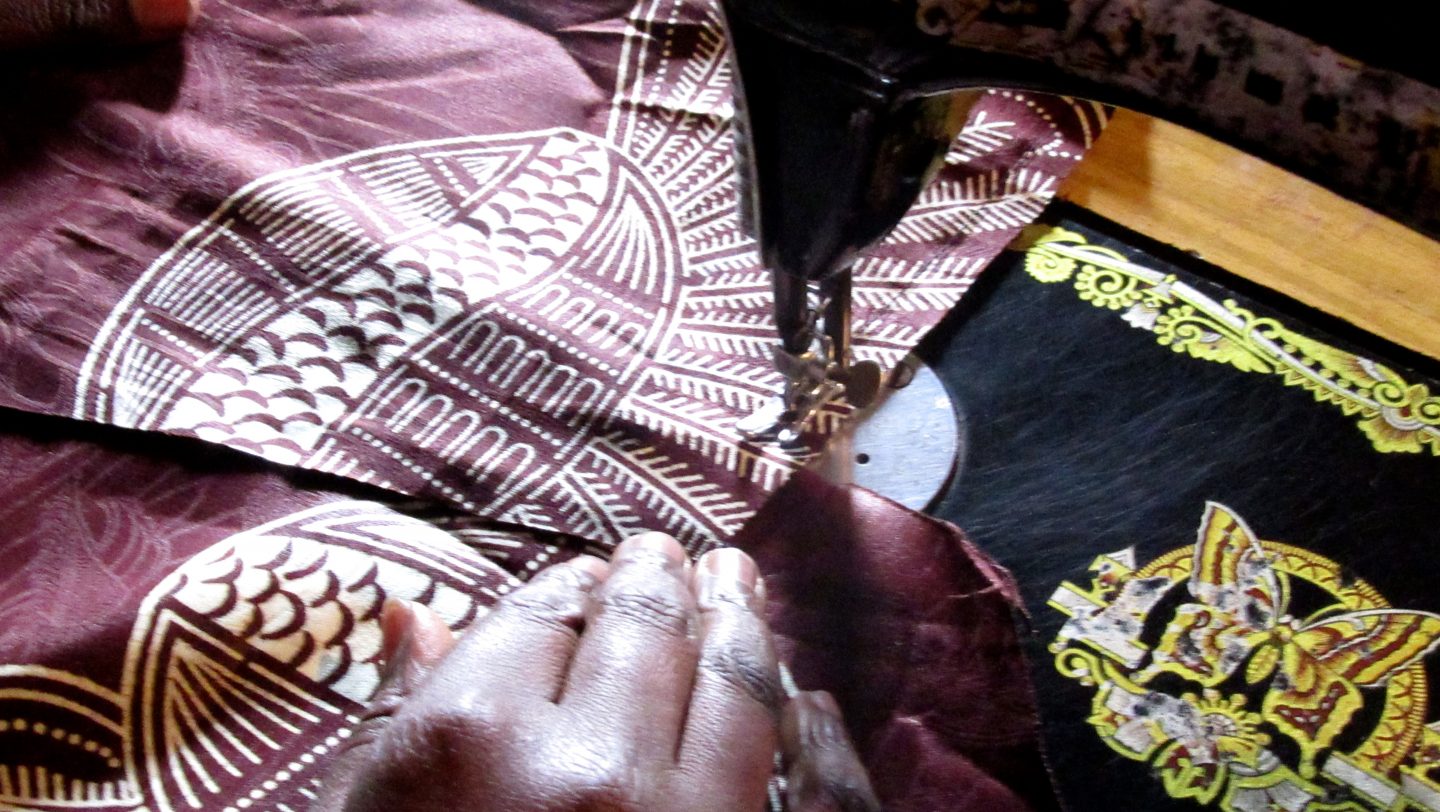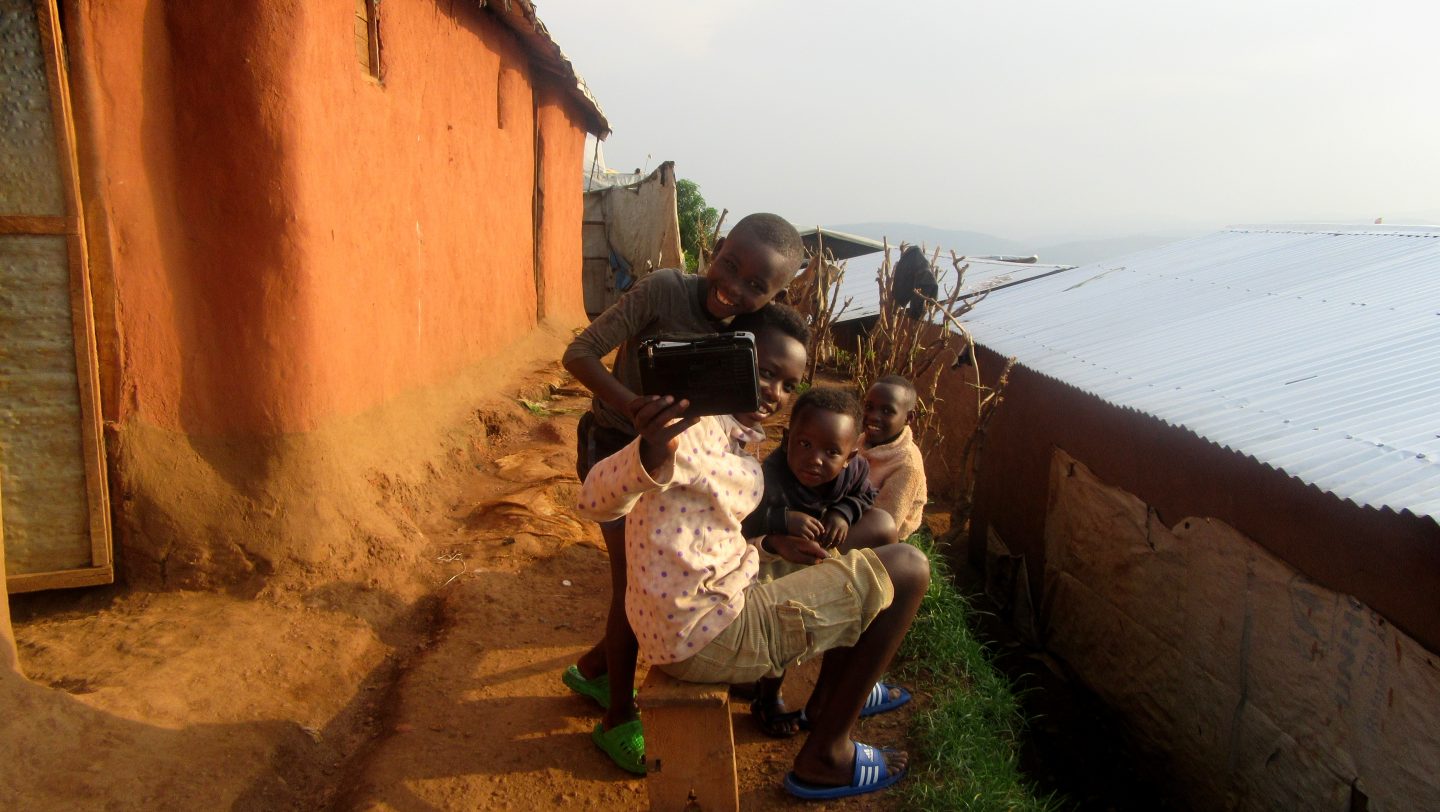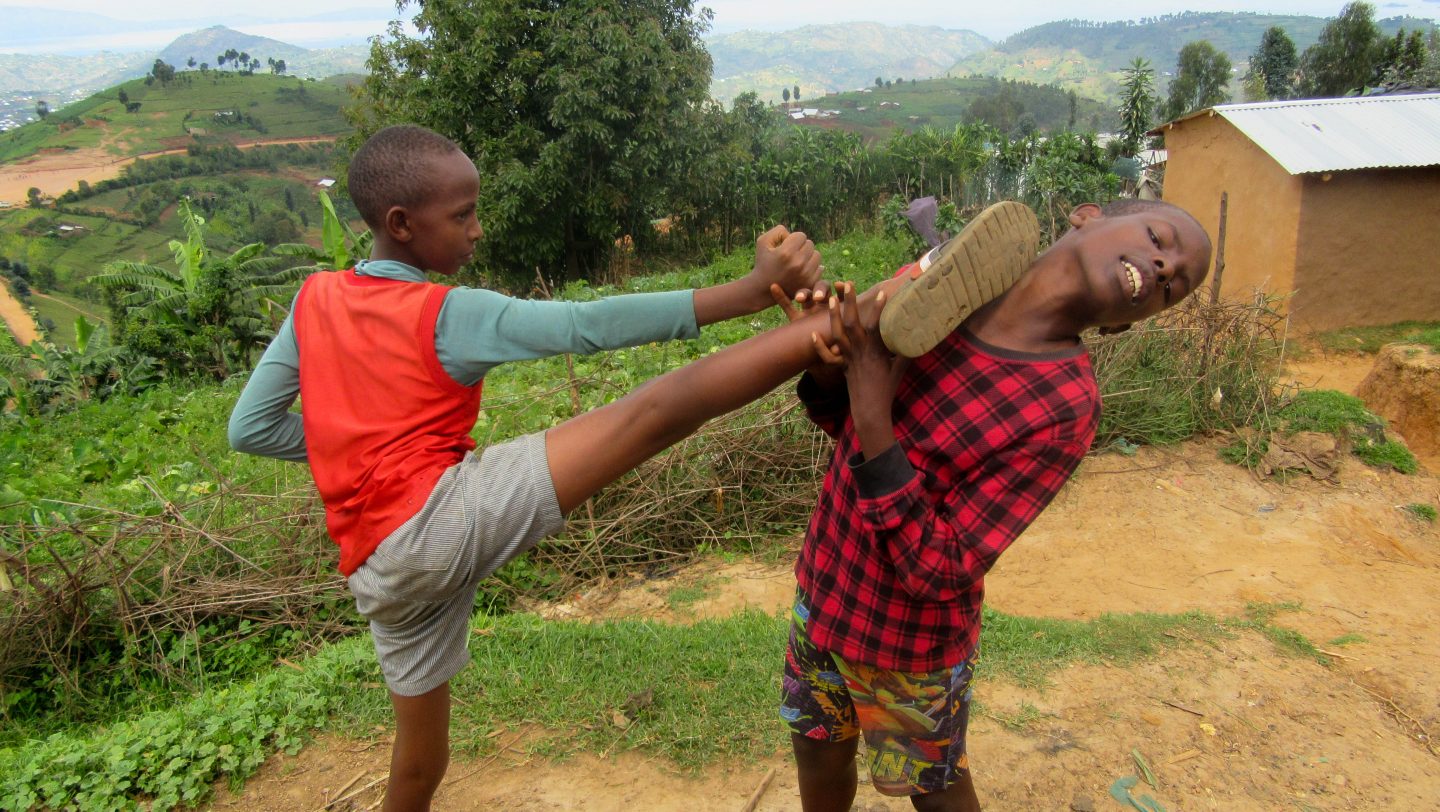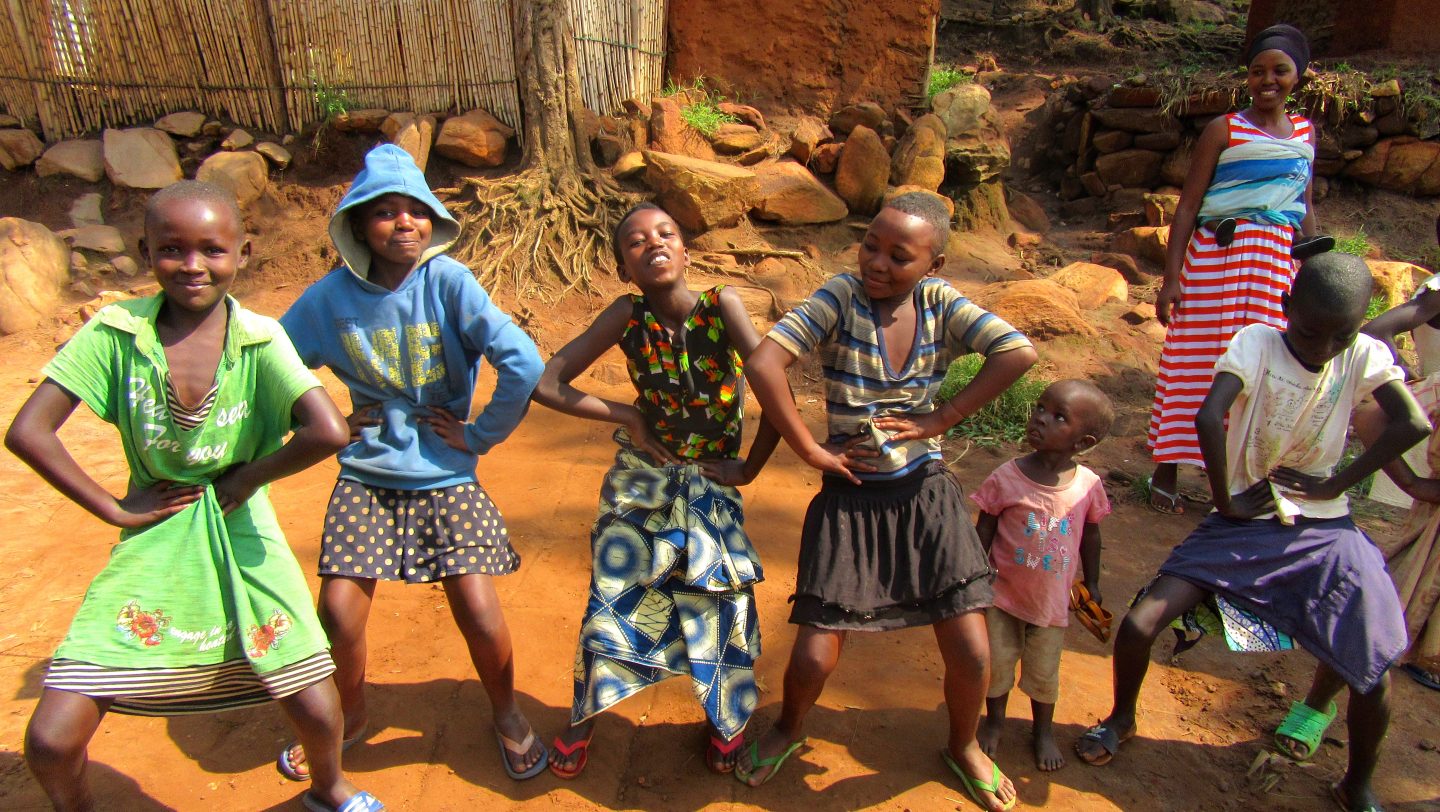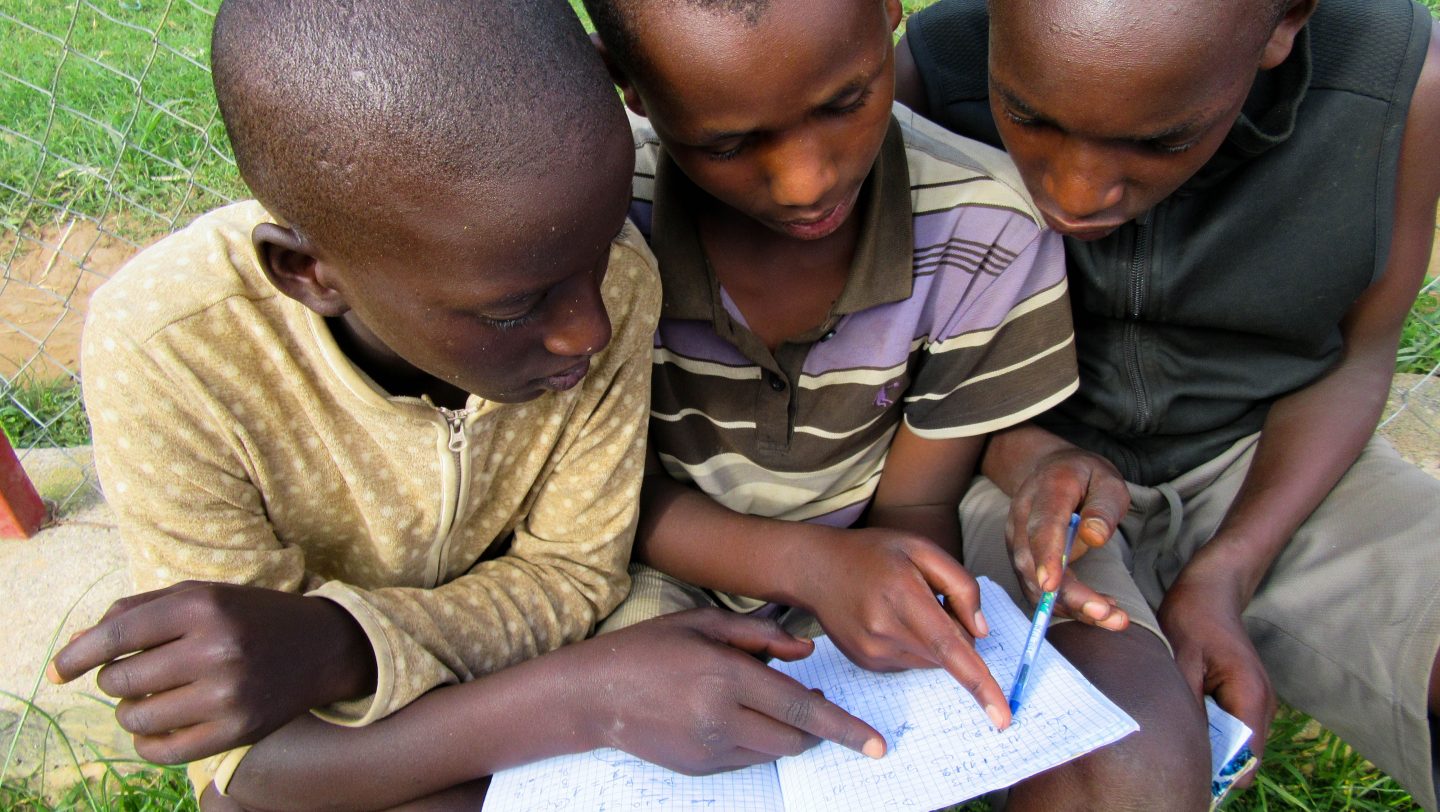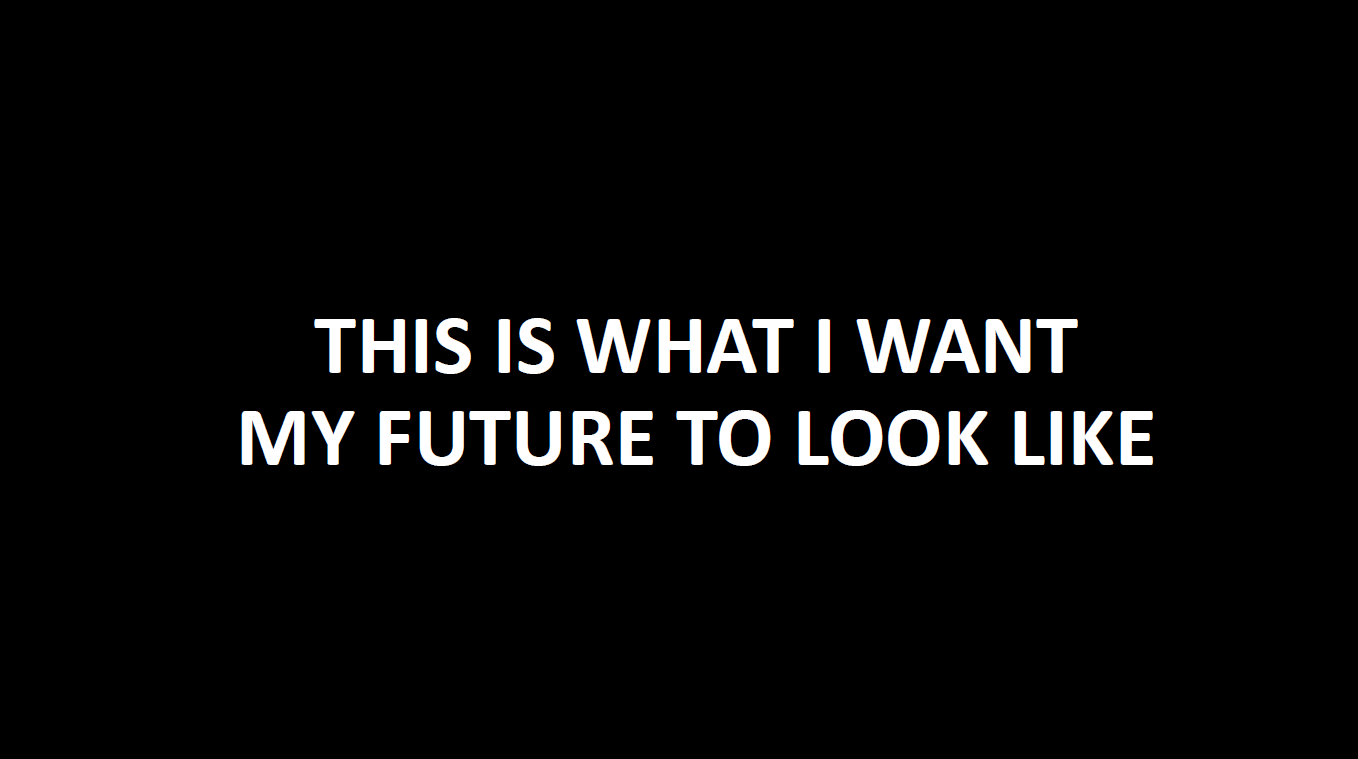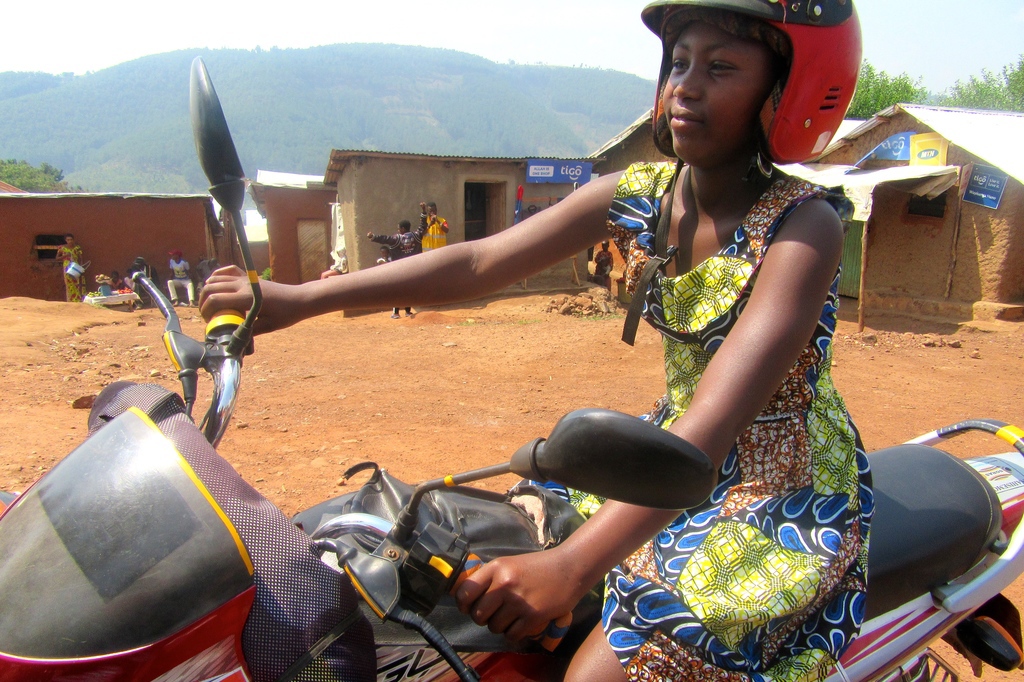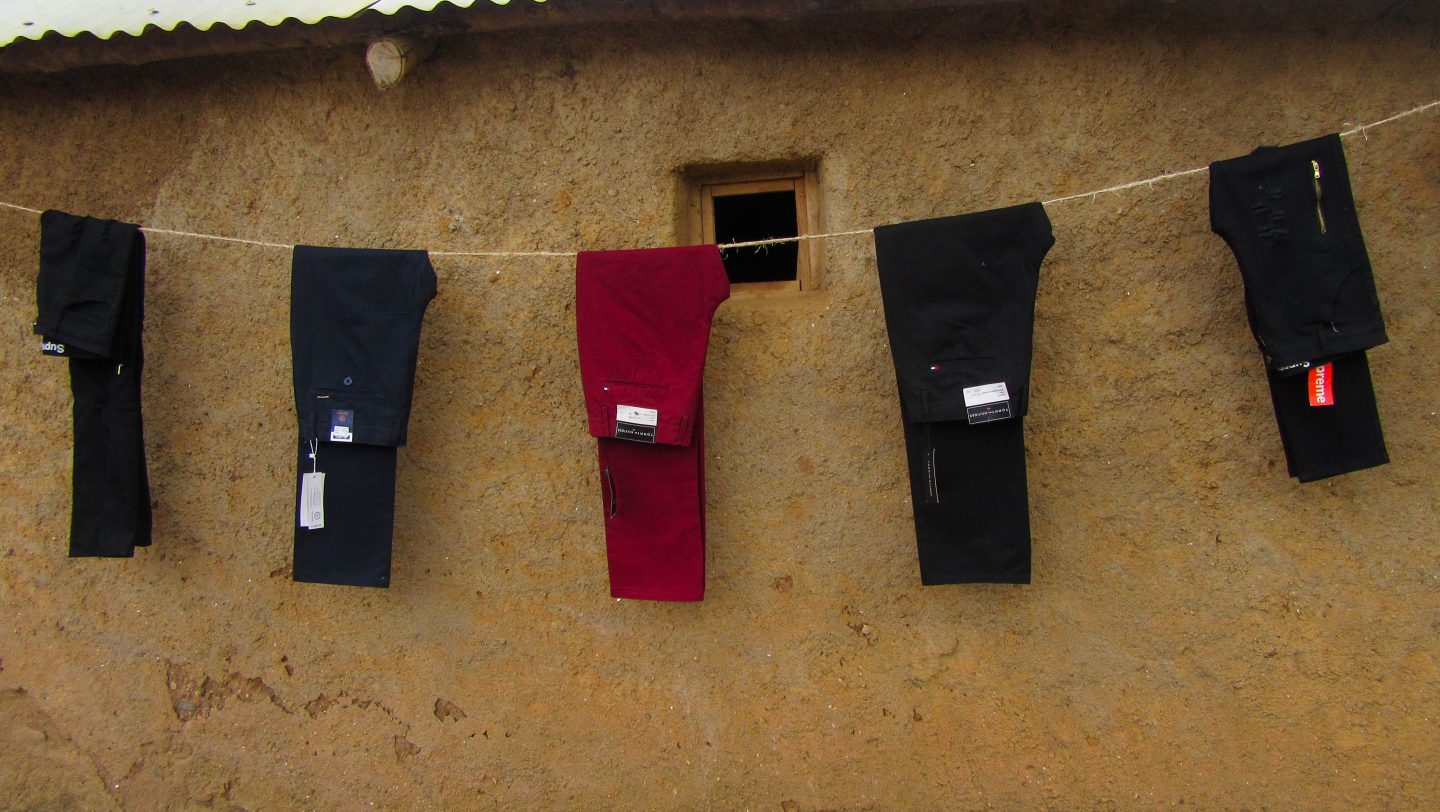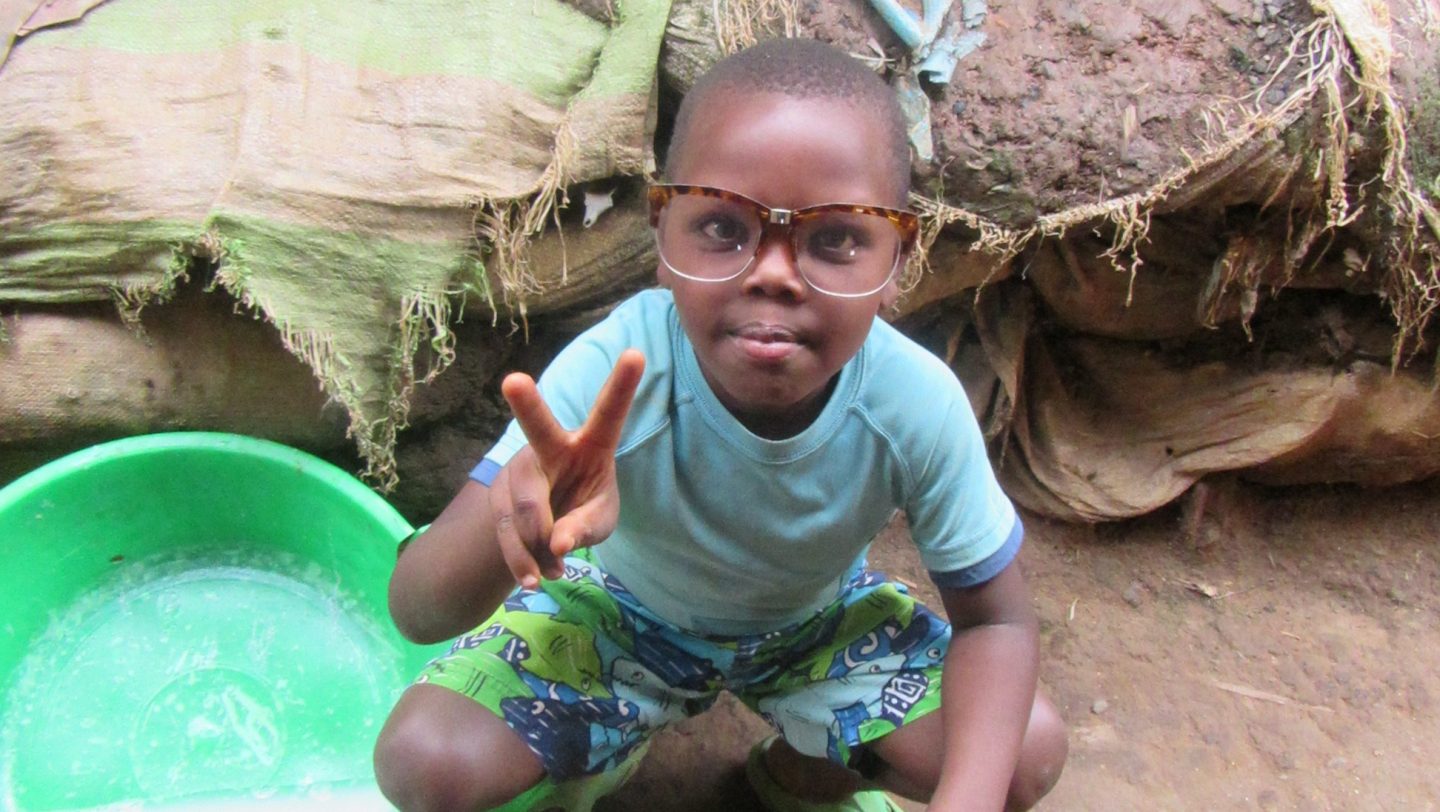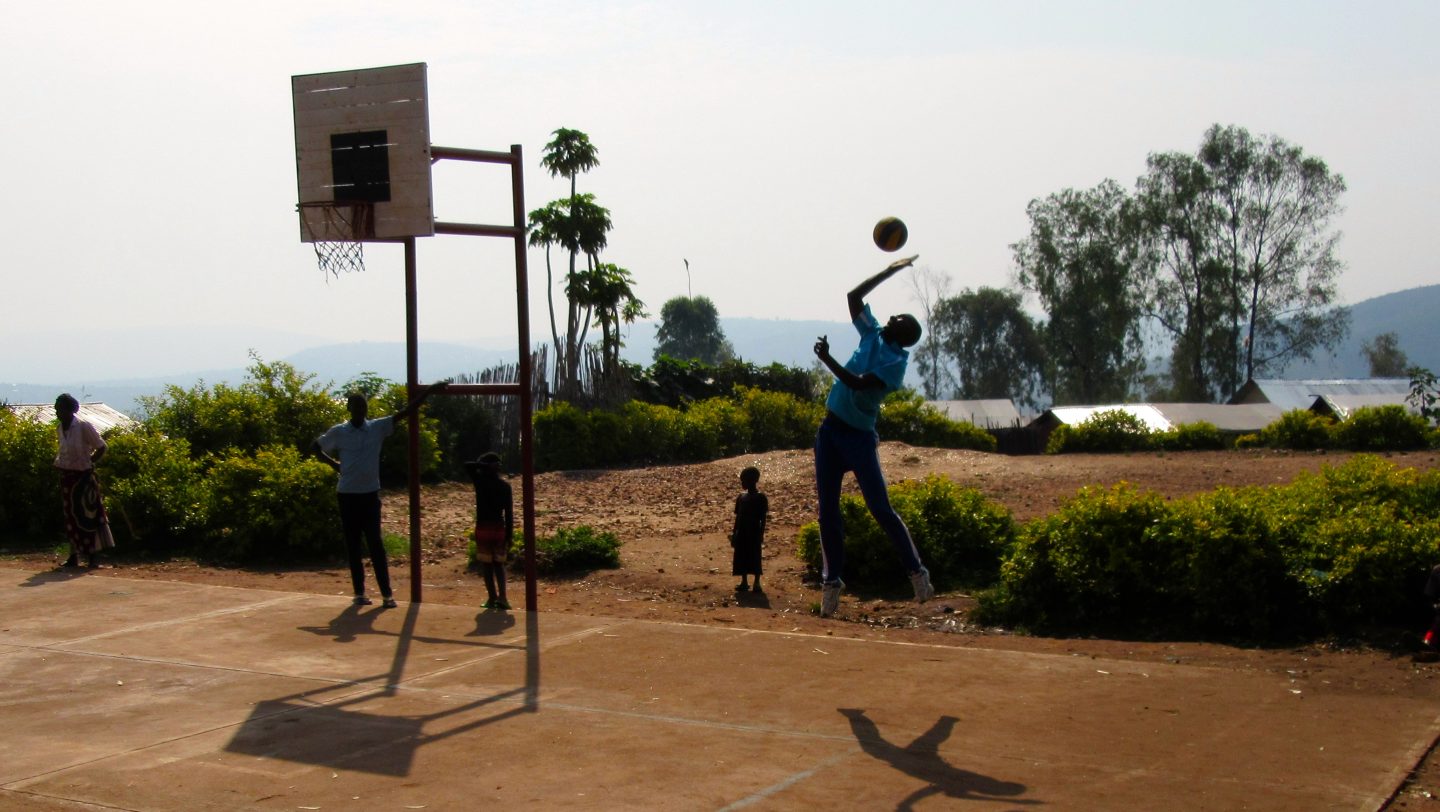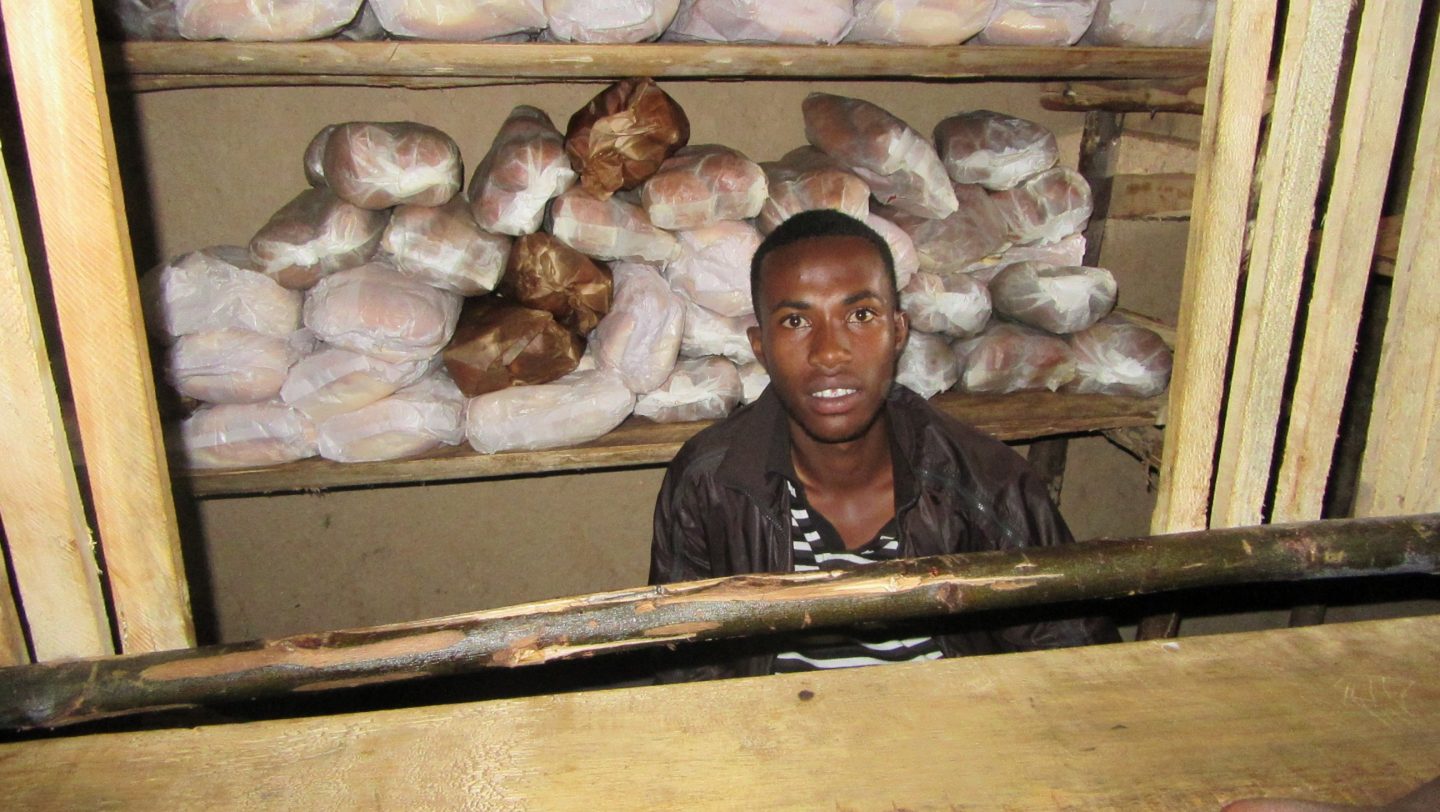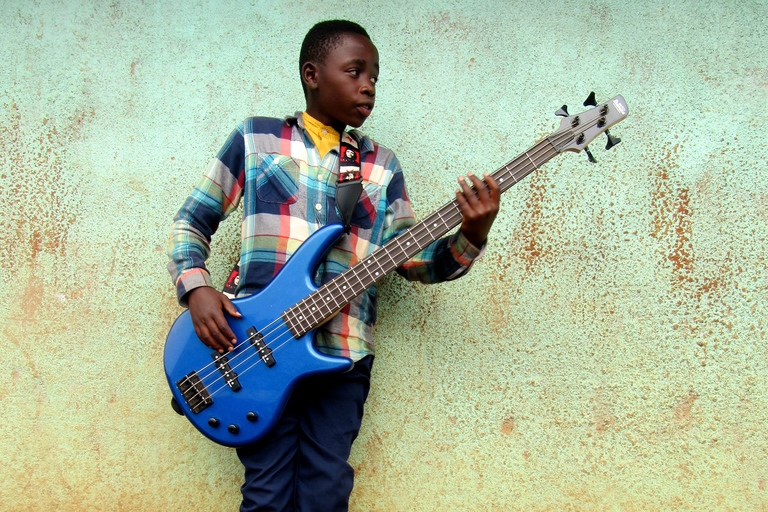Refugee Children speak about their lives through photos
The photographs taken by the participants in Gihembe, Kigeme, Kiziba and Nyabiheke have offered UNHCR the opportunity to learn more about the daily lives and the opinions of the refugee teenagers, and to discuss gender perceptions among the adolescents in the camps.
Since November 2017, UNHCR, with the support of its partners, GIZ and Plan International, has been conducting an activity called “Youth Photography Project” in four refugee camps in Rwanda, Gihembe, Kigeme, Kiziba and Nyabiheke camps which host refugees from the Democratic Republic of the Congo. The project is a component of the Participatory Assessment exercise that UNHCR and partners carried out in September and October 2017 in Kigali, Huye, and all the refugee camps in Rwanda (the report is available for download here).
In order to ensure that the voices of refugee teenagers are heard, UNHCR Rwanda has opted to use photography for its Participatory Assessment. In each camp, the activity consisted in forming 10 pairs of refugee children aged from 14 to 17, teaching them the basics of photography, handing them digital cameras and having them taking photographs of their daily lives based on themes assigned to them. The subjects given to the young photographers allow UNHCR and partners to know more about the teenagers’ expectations and dreams or prospects for their future, their family life, their solutions to day-to-day problems, the characteristics of their role models, the sources of safety in their daily life, as well as their hobbies and passions.
In addition to UNHCR and partners’ staff support, UNHCR has secured the assistance of Lieven Corthouts, a Belgian photographer and filmmaker who is the director of several documentaries featuring teenagers in Ethiopia and in Kenya where he conducted similar projects with refugee youth. Lieven volunteered to assist in teaching refugee teenagers on how to use the cameras and taking well-structured photographs. The activity, which took place during a week in each of the above mentioned camps is planned to be implemented in other locations of Rwanda during the school holidays.
Through the activity, refugee children have learned new forms of expression. Thanks to the themes assigned to them, photography also encouraged intellectual stimulation and creativity, with some of the children dressing up as the desired subject of their photos and taking photos that openly challenged stereotypical gender perceptions. The photographs taken by the participants in Gihembe, Kigeme, Kiziba and Nyabiheke have offered UNHCR the opportunity to learn more about the daily lives and the opinions of the refugee teenagers, and to discuss gender perceptions among the adolescents in the camps.
The participants have given positive feedback on the activity, appreciating the opportunity to learn new skills, i.e. how to use cameras and how to take good photographs. Their parents recognized the value of the initiative and were proud of the good work done by their children. The community mobilizers who supported the adolescents in the activity also approved of the initiative that allowed children to truly voice their opinions. At the end of the exercise, some of the participants reported feeling inspired to become photographers or journalists when they grow up.
Photo Gallery

